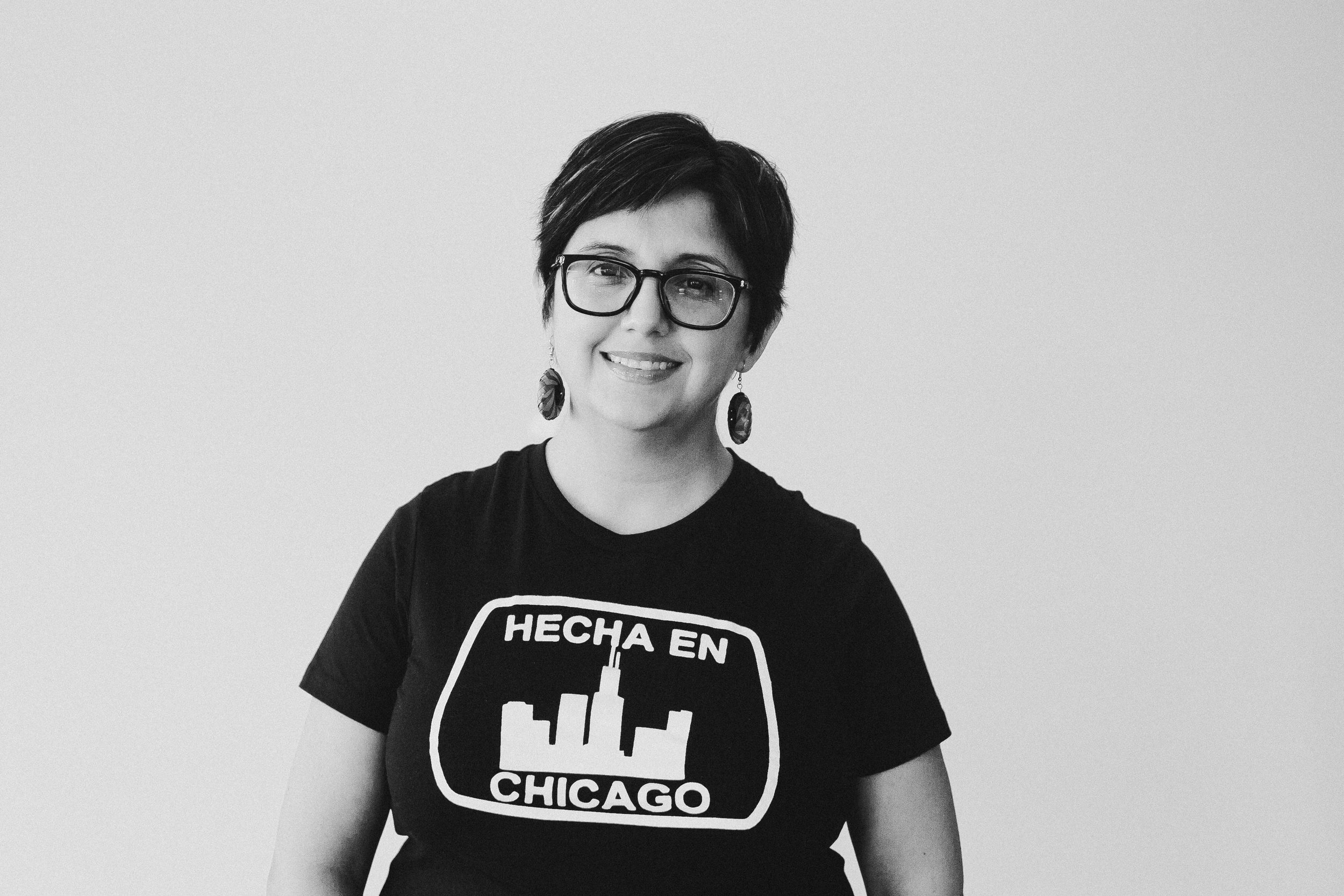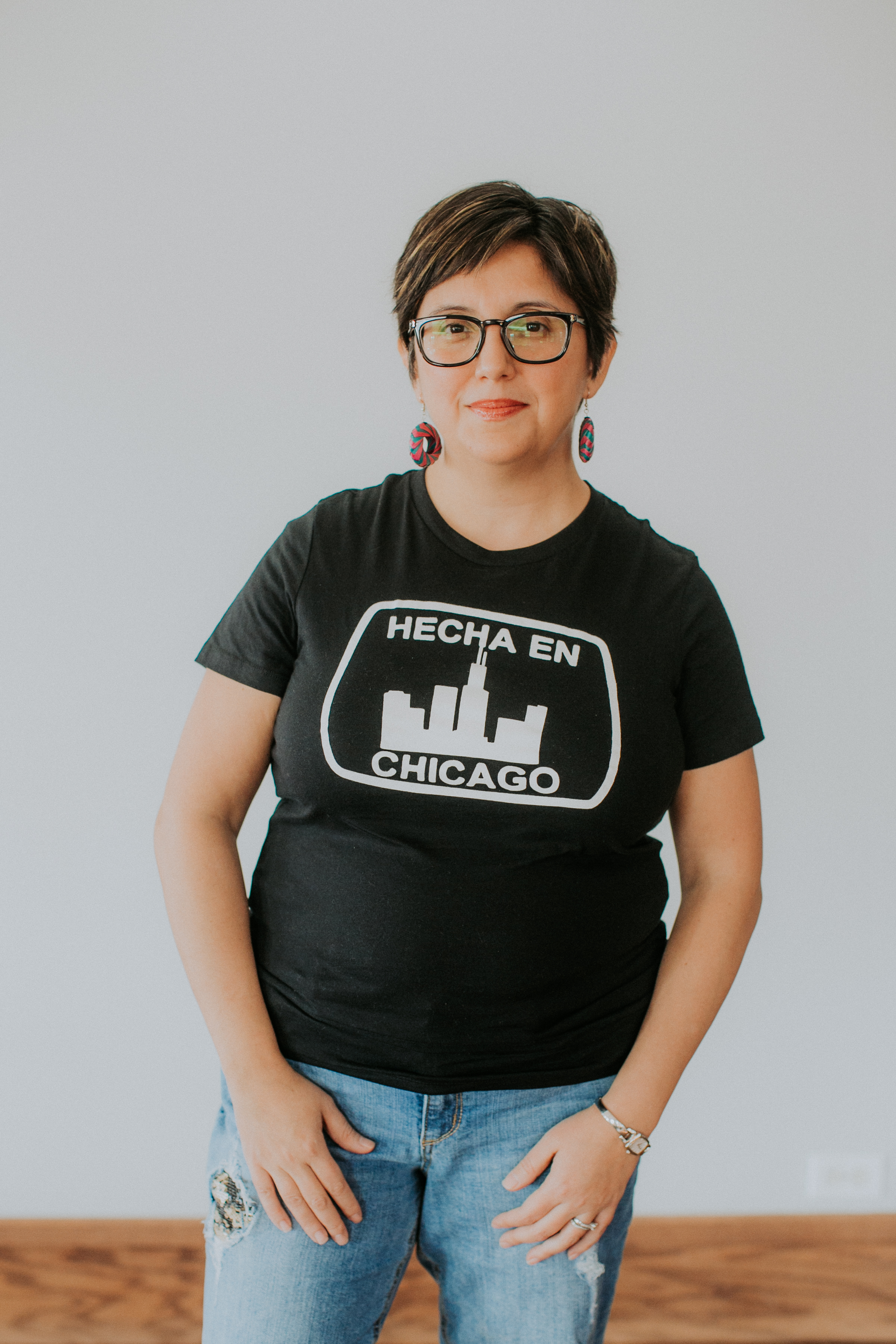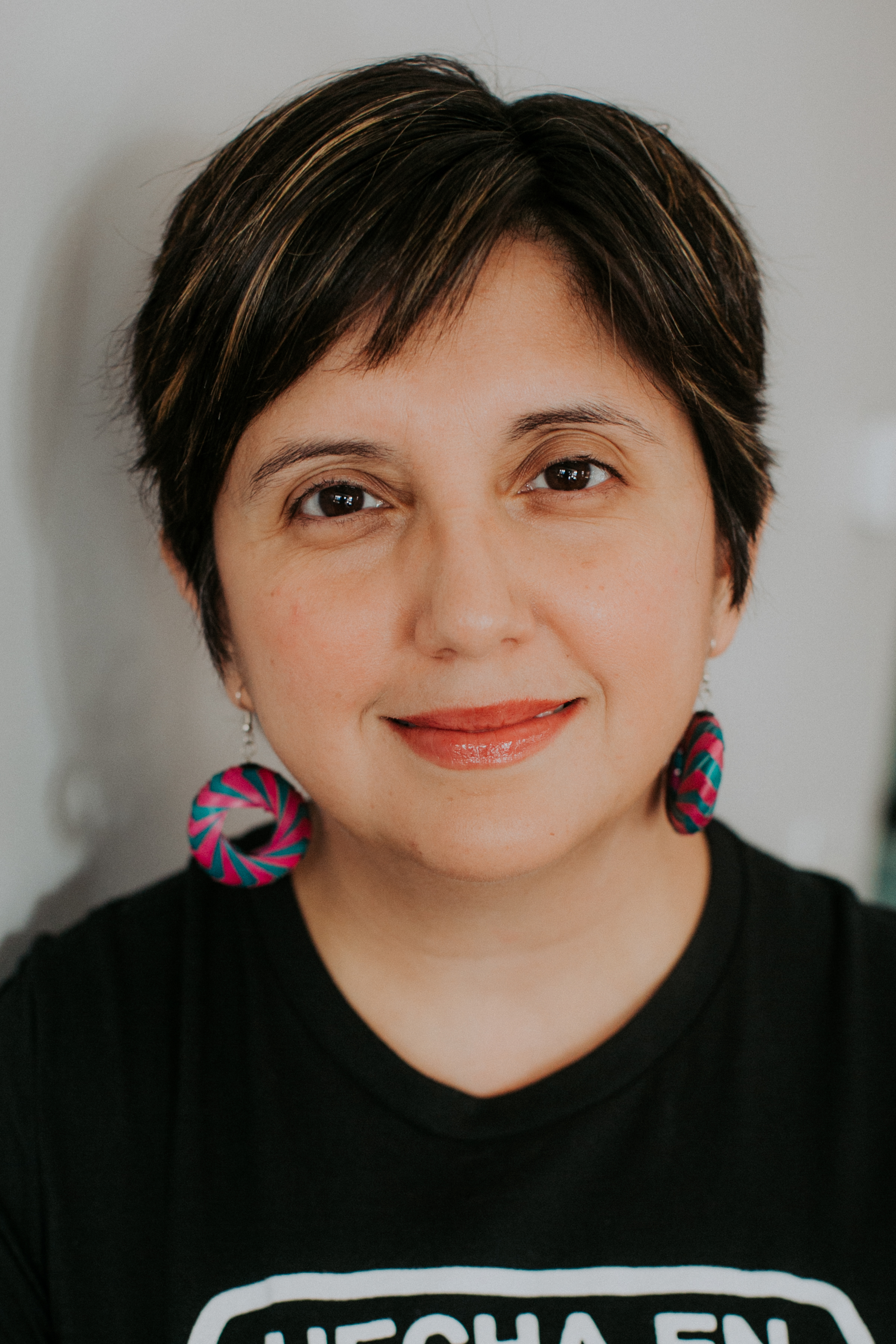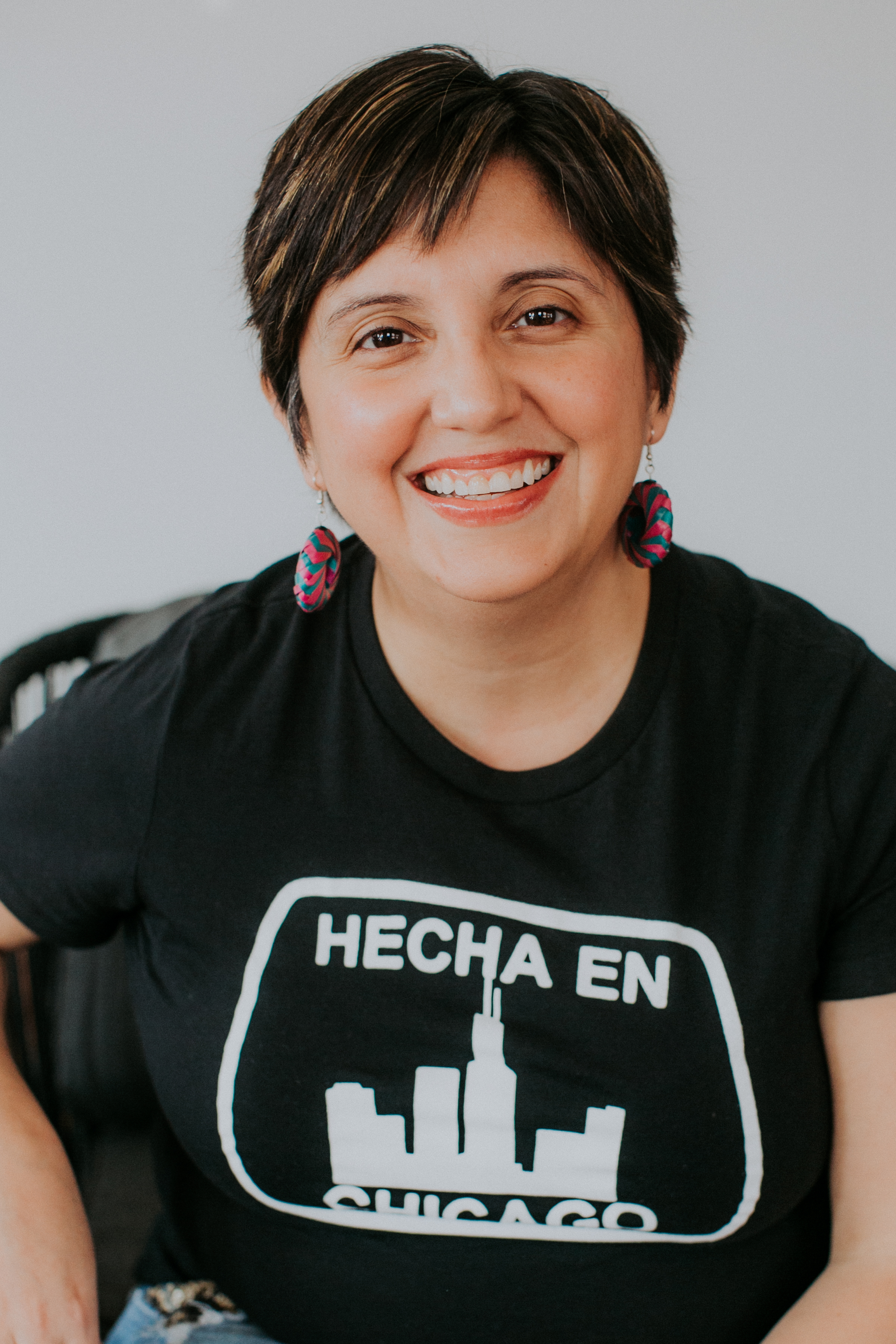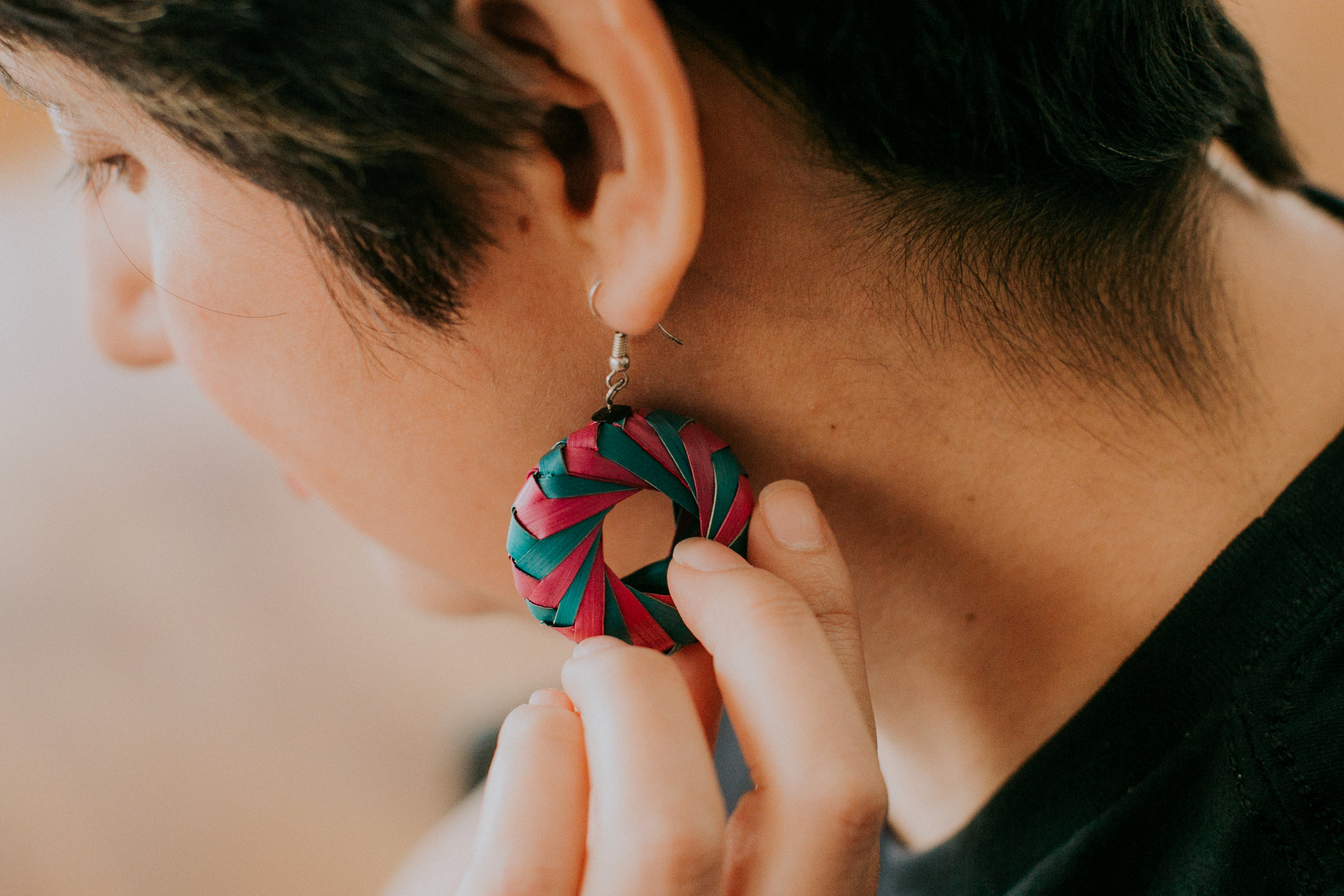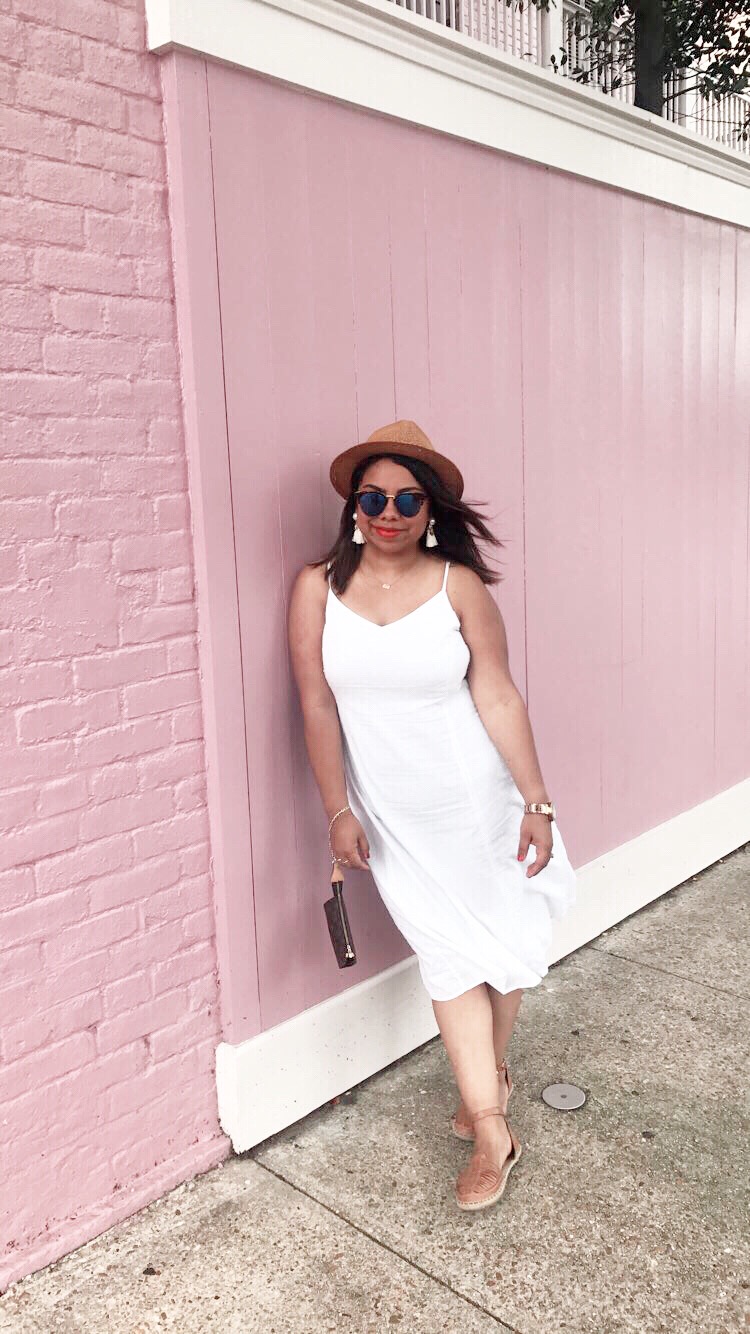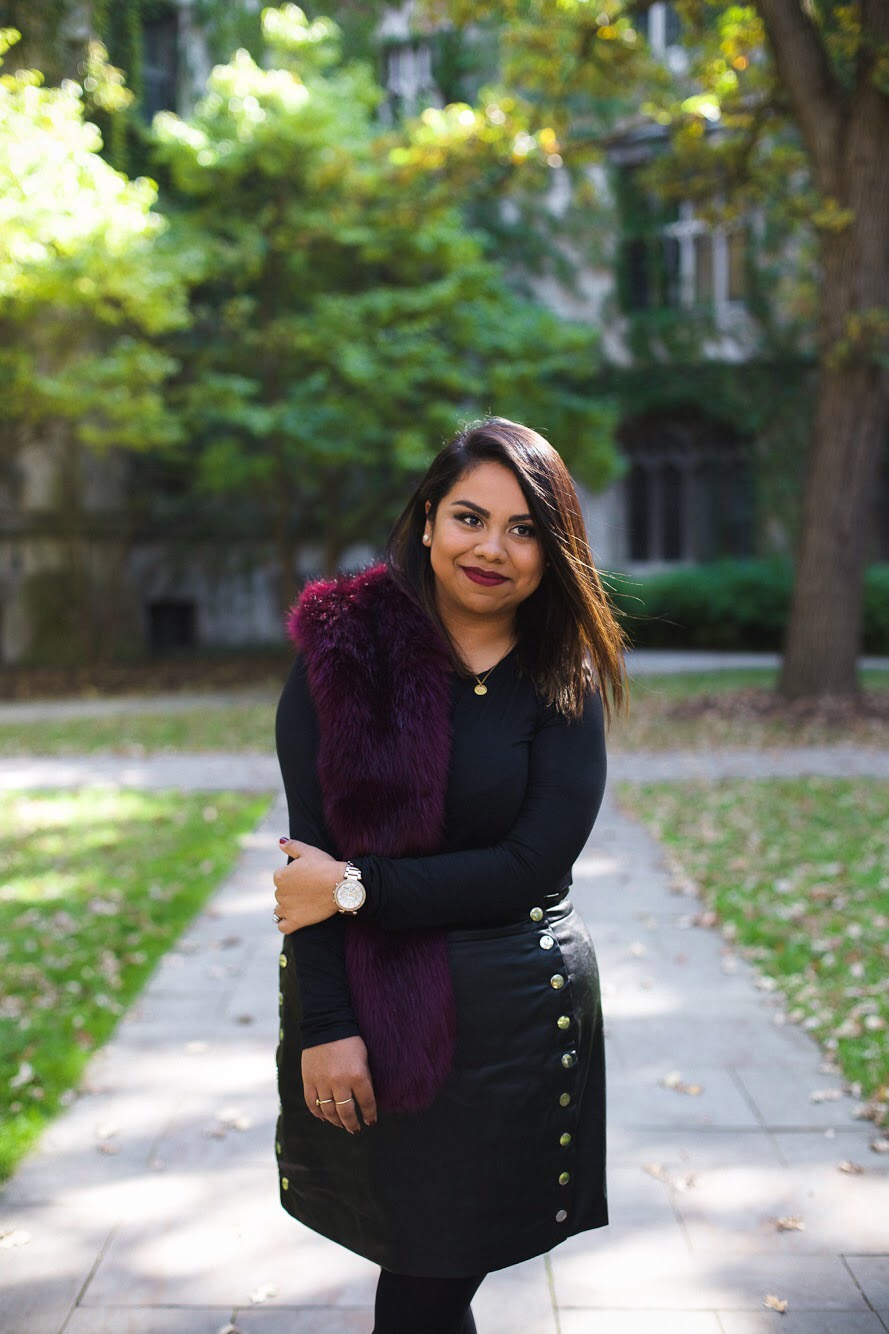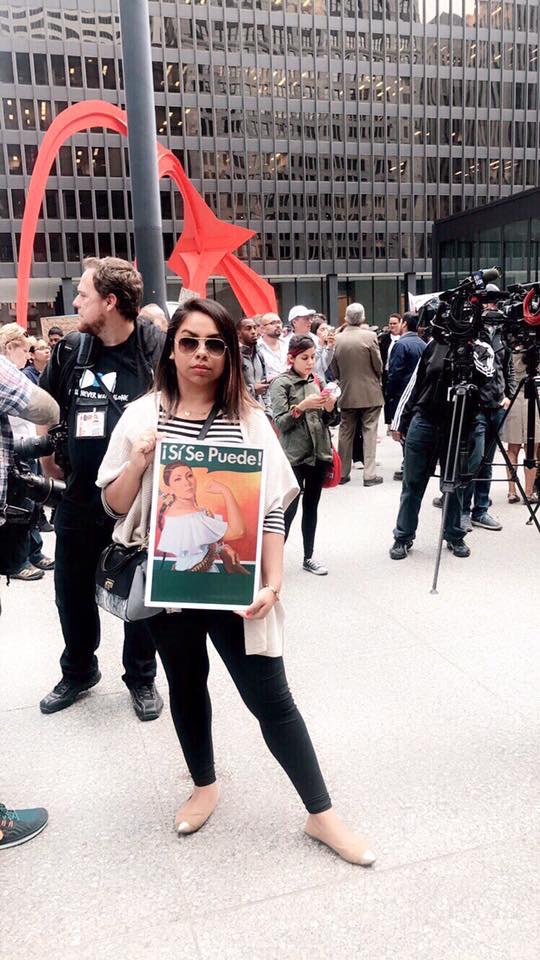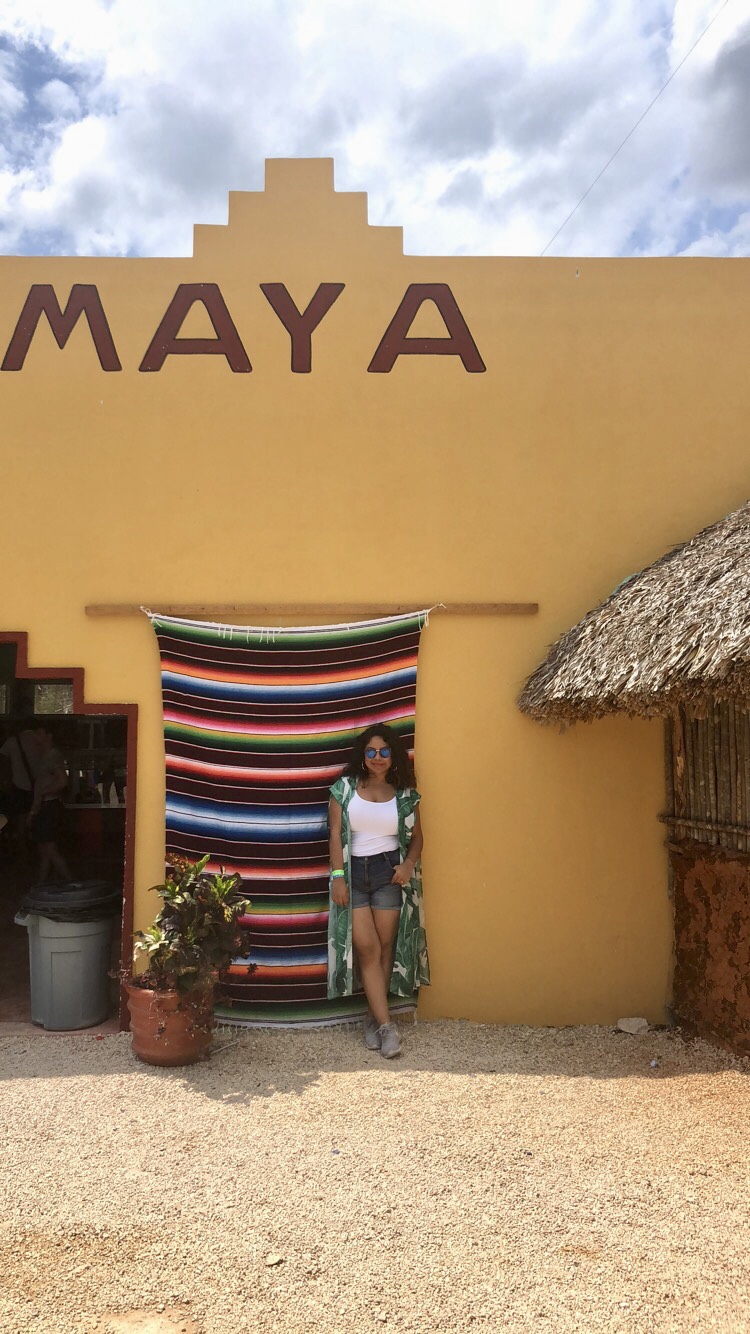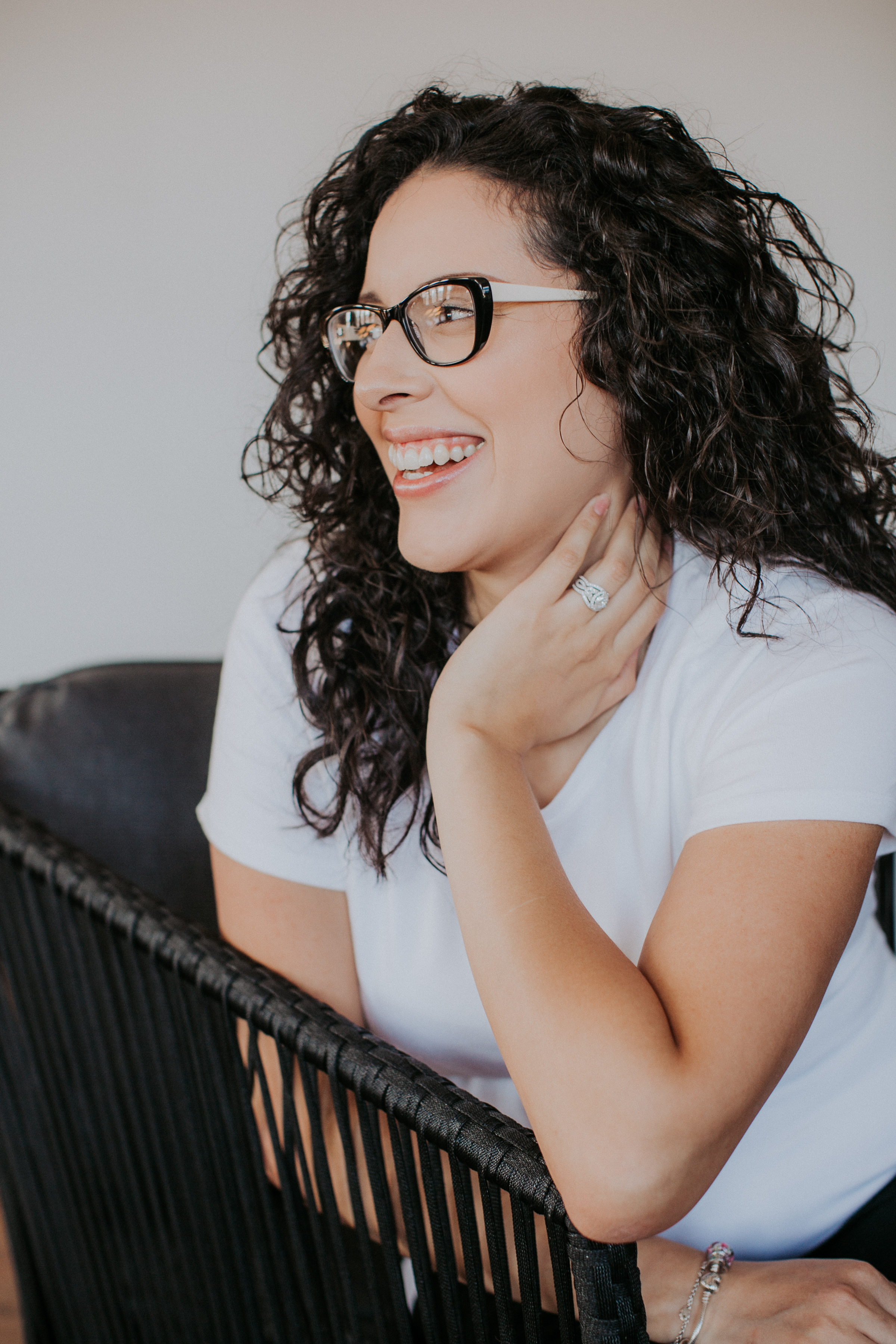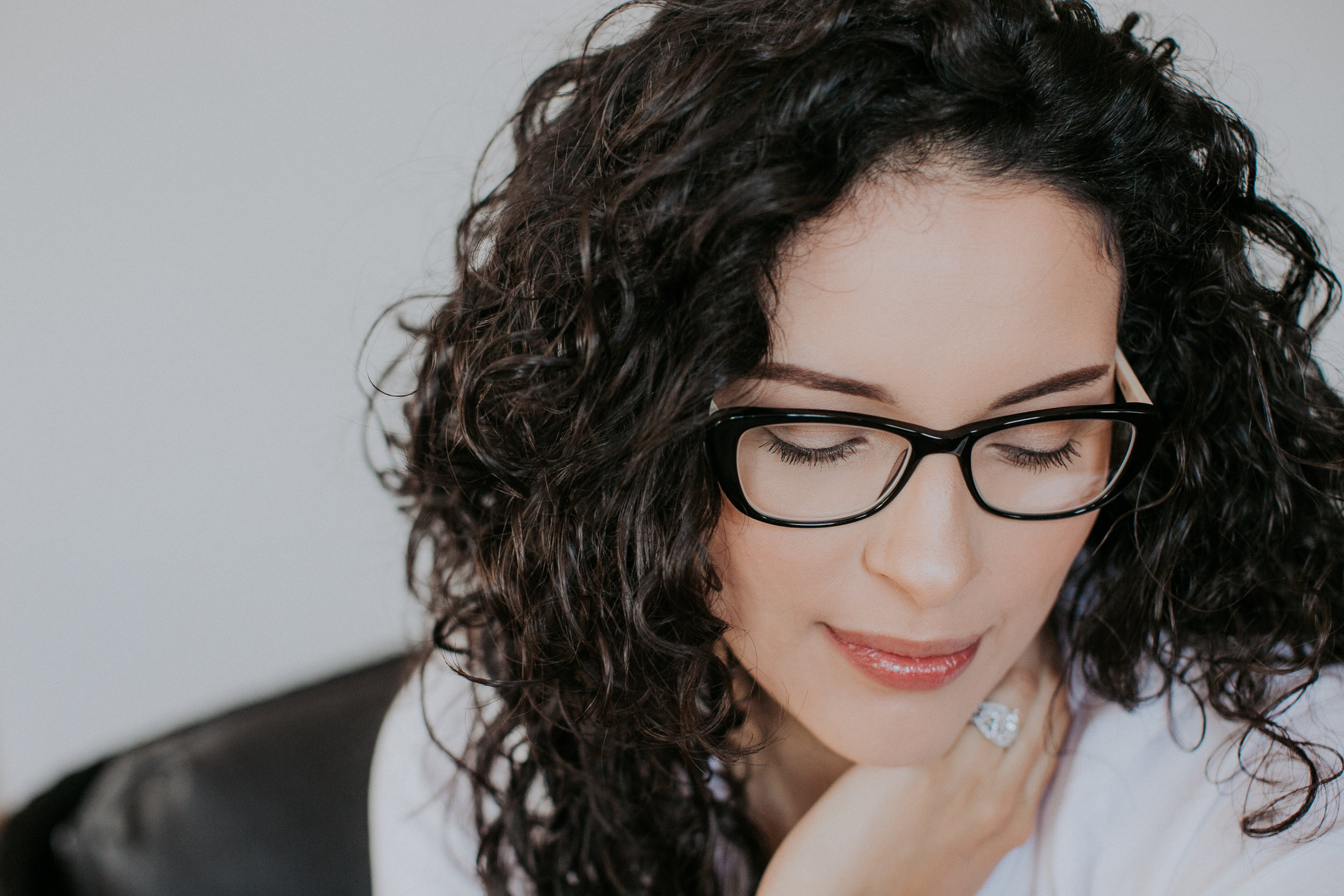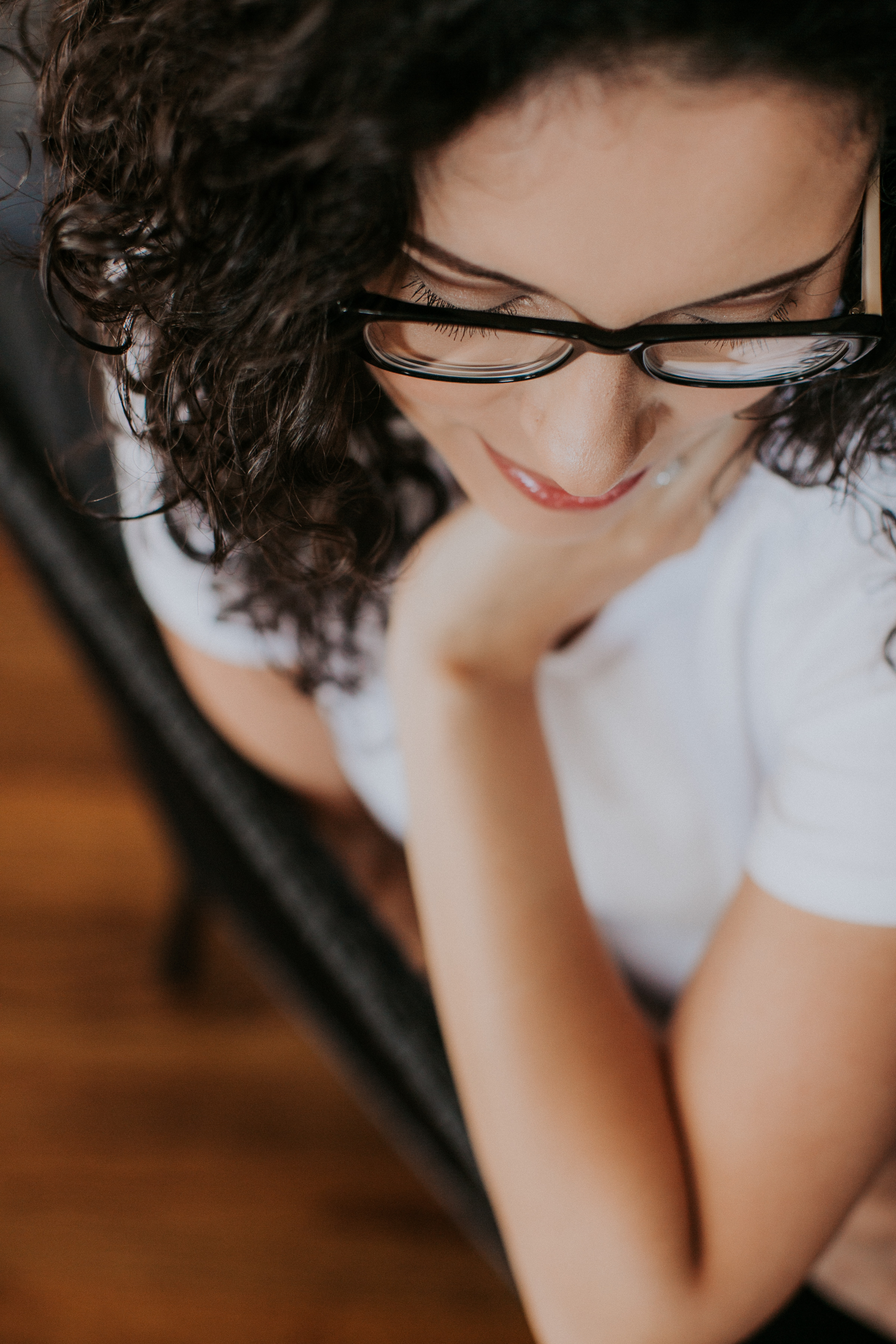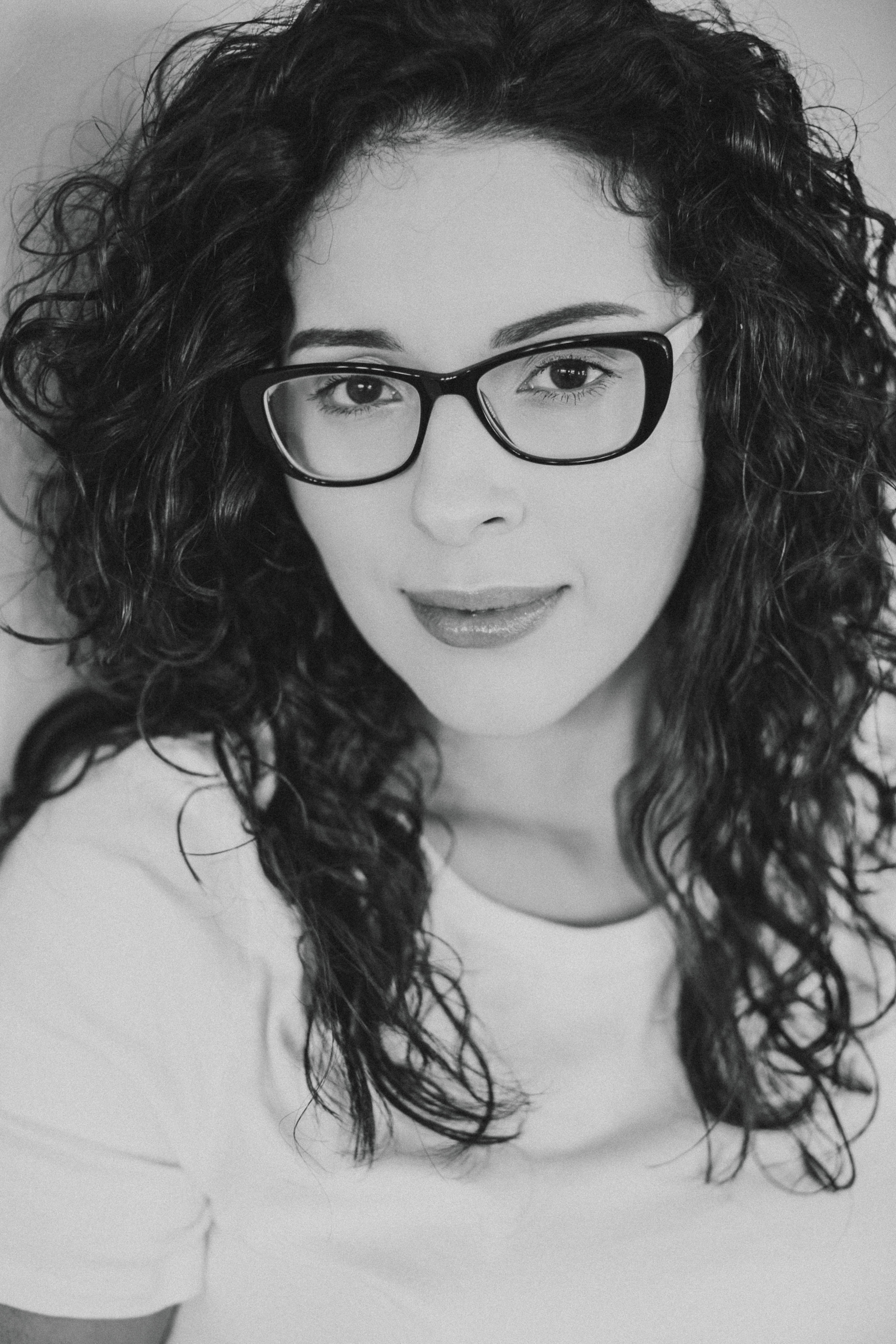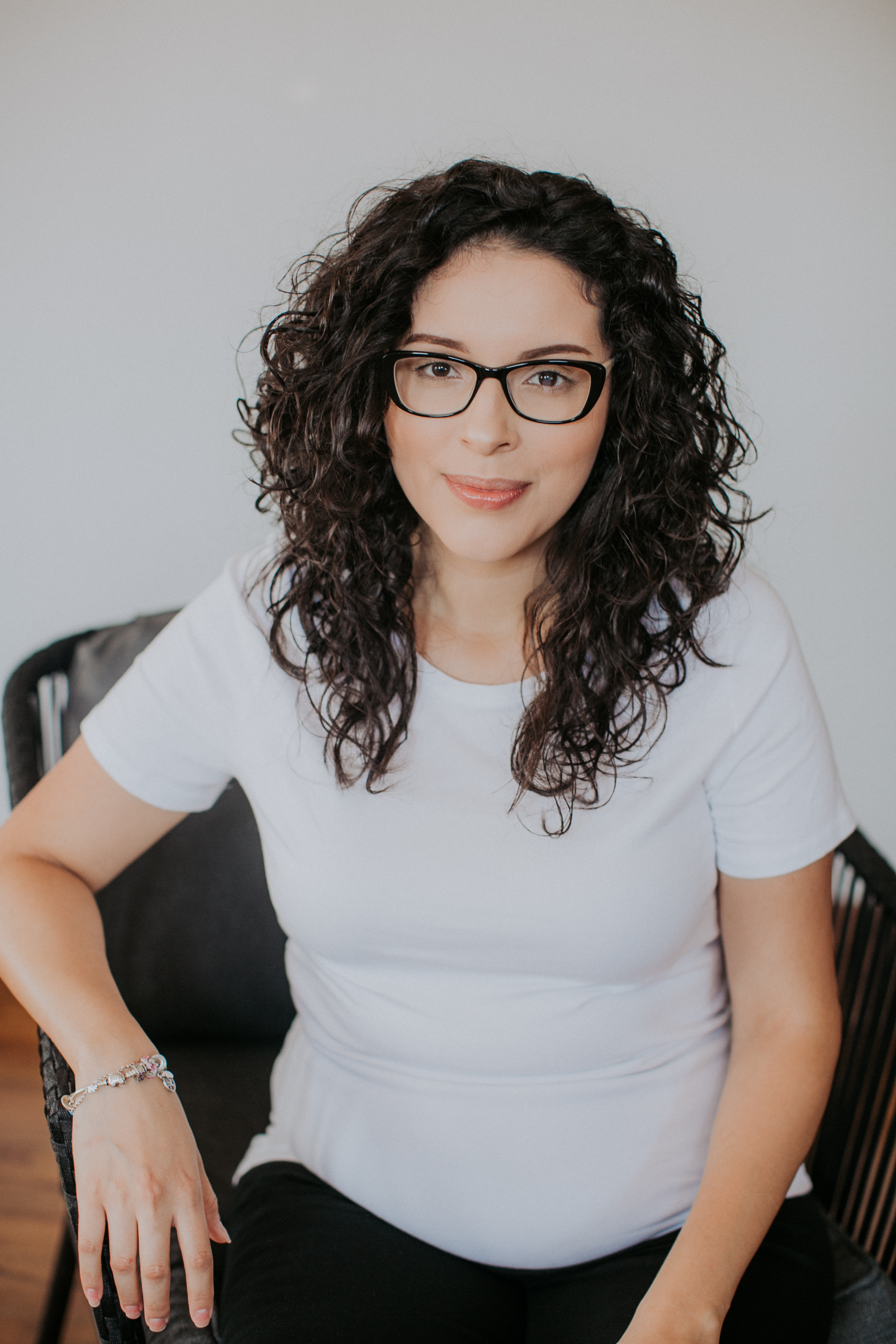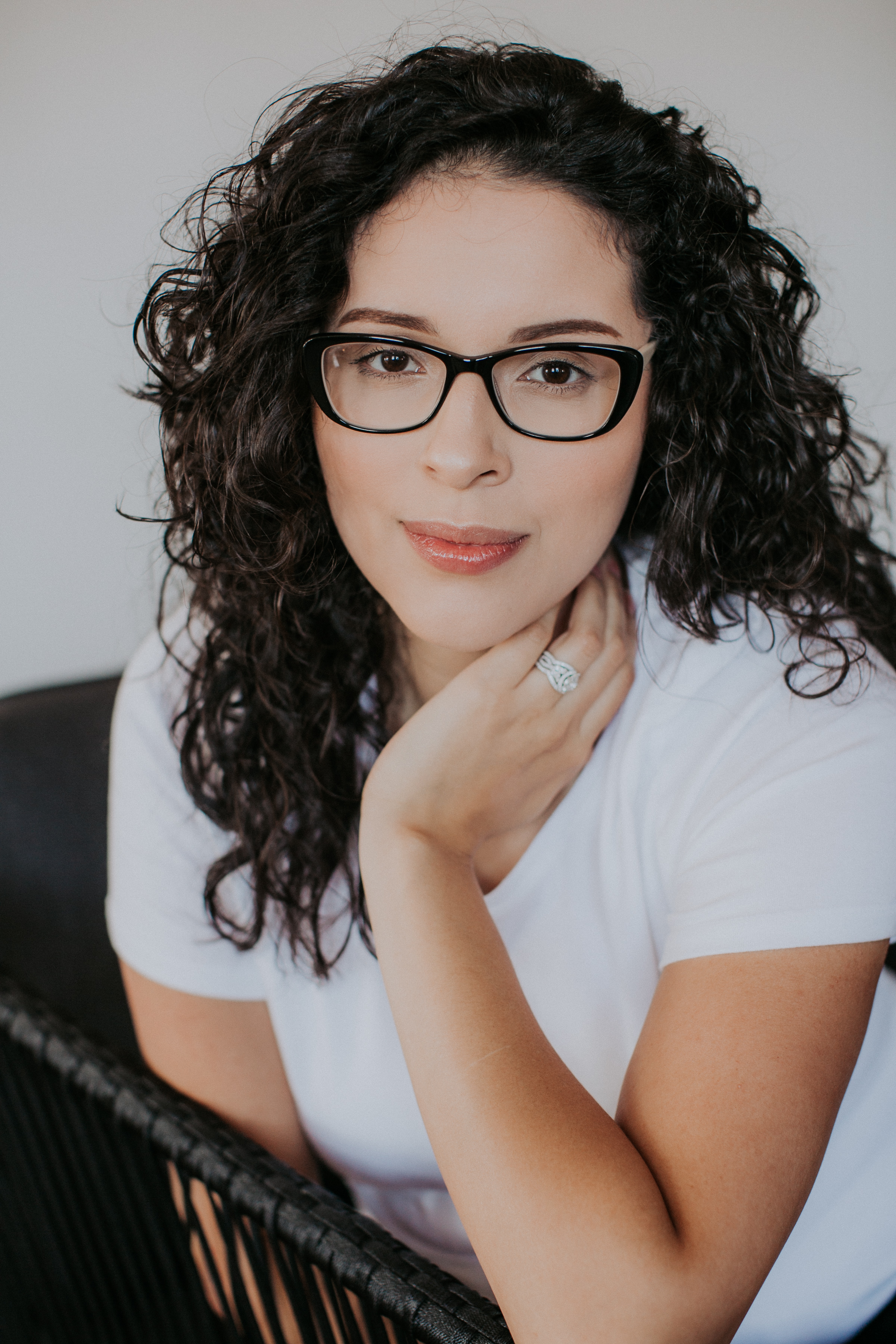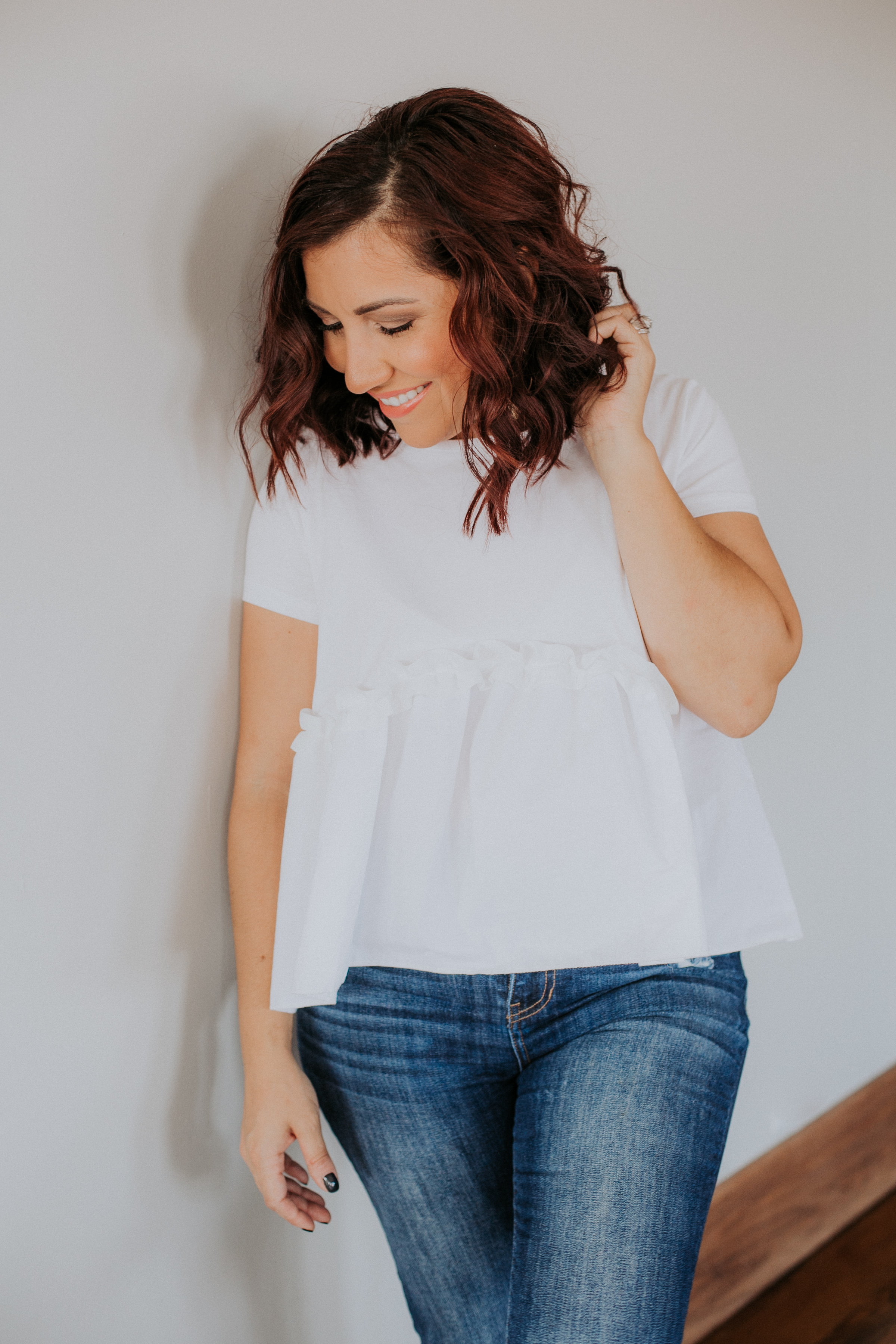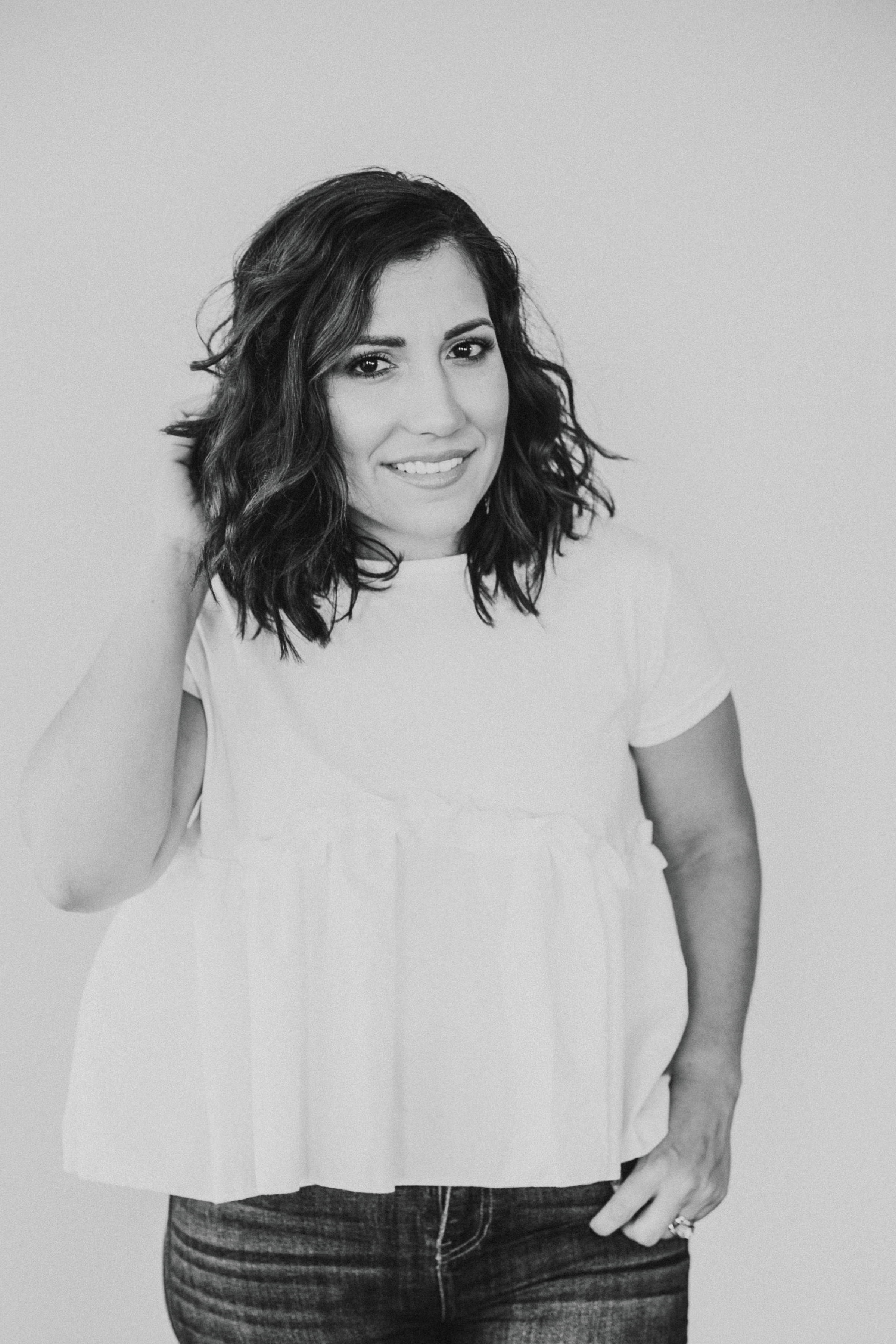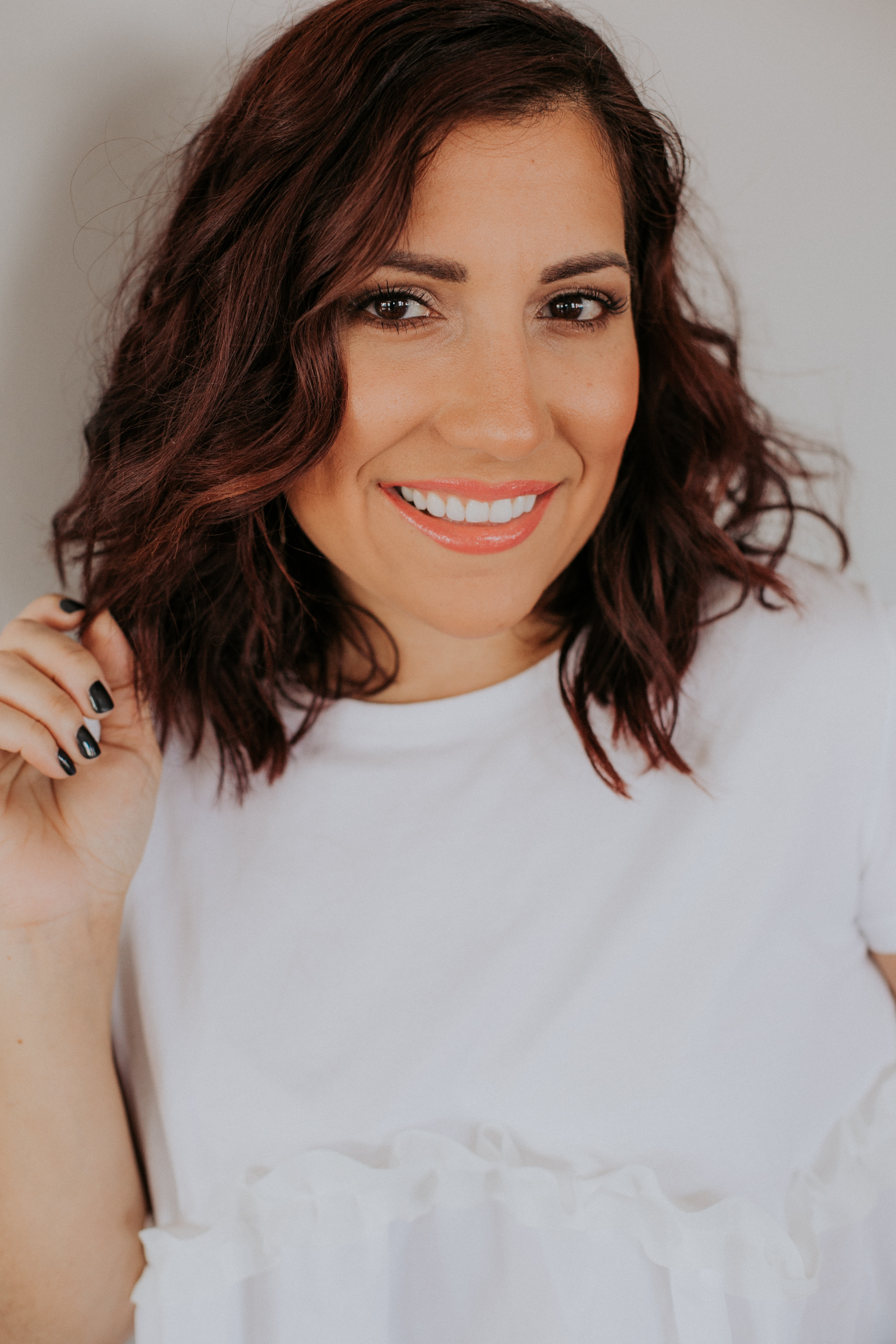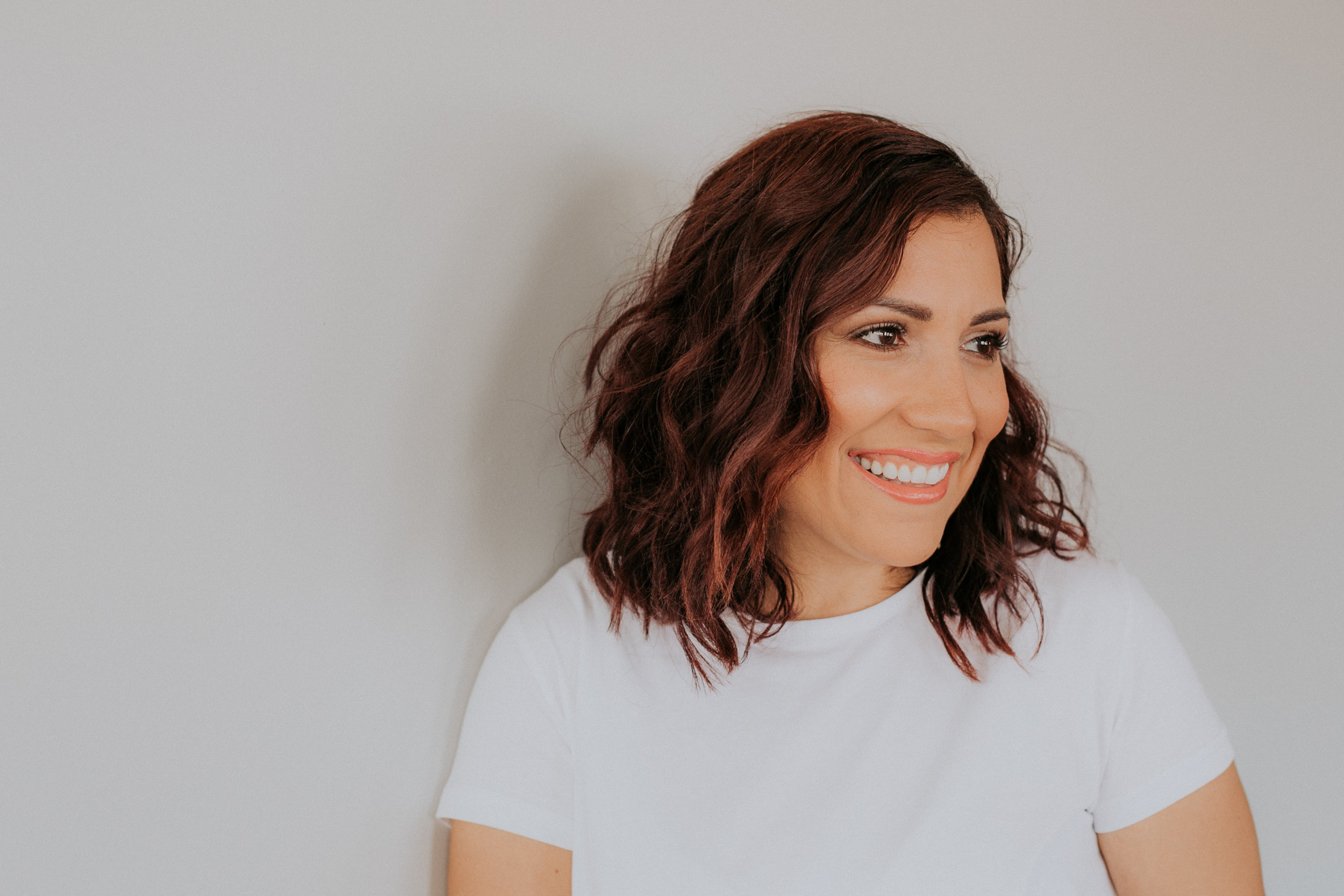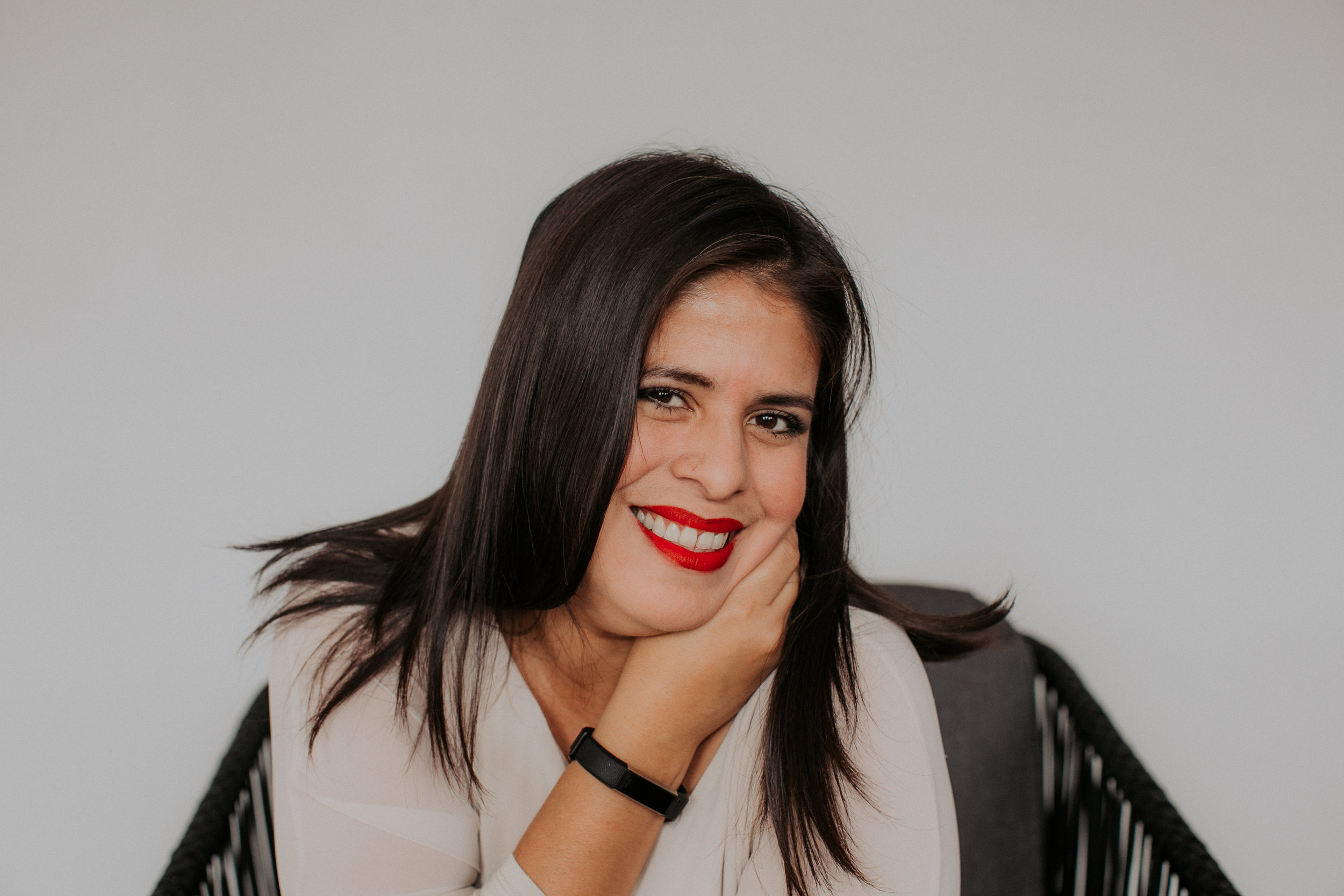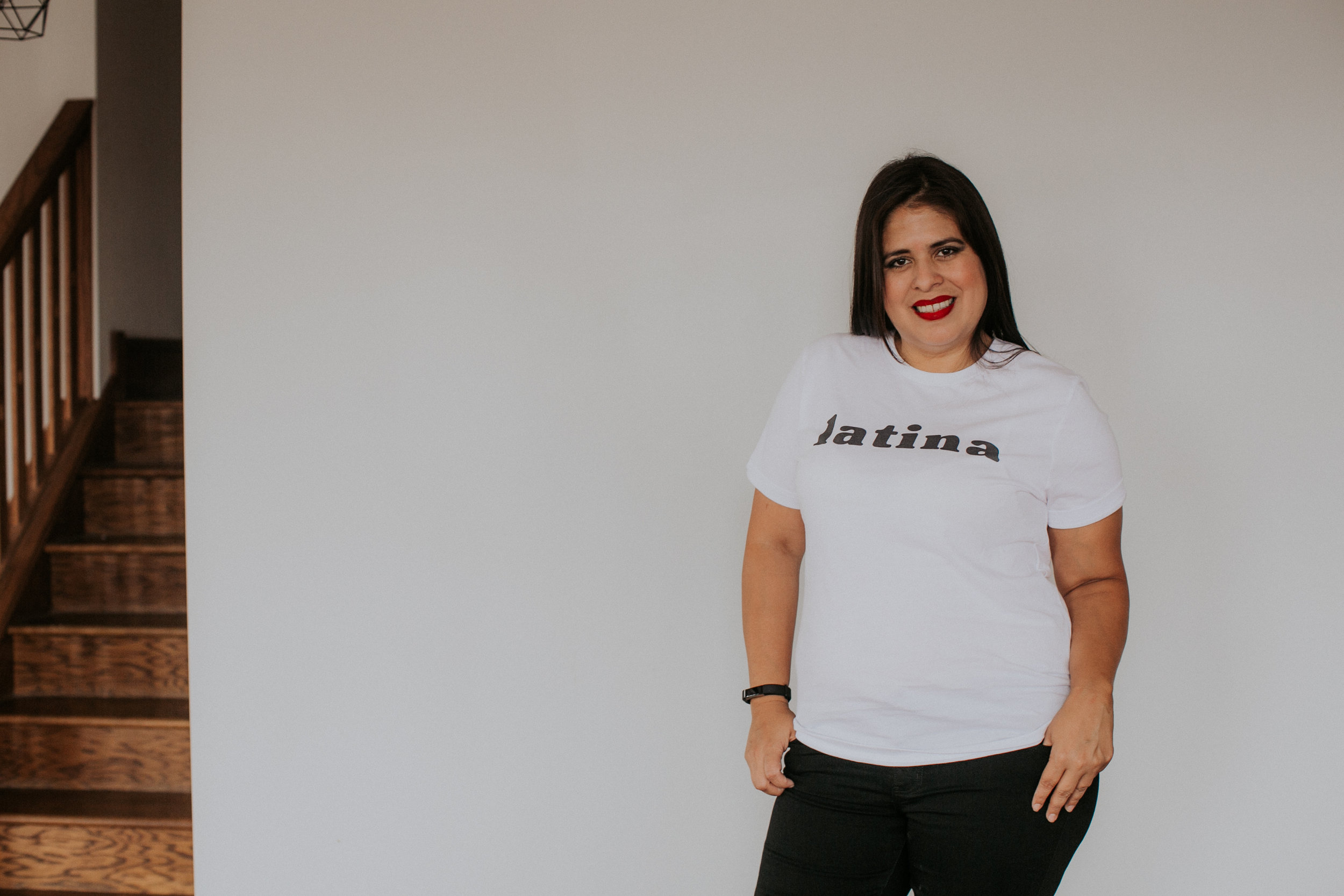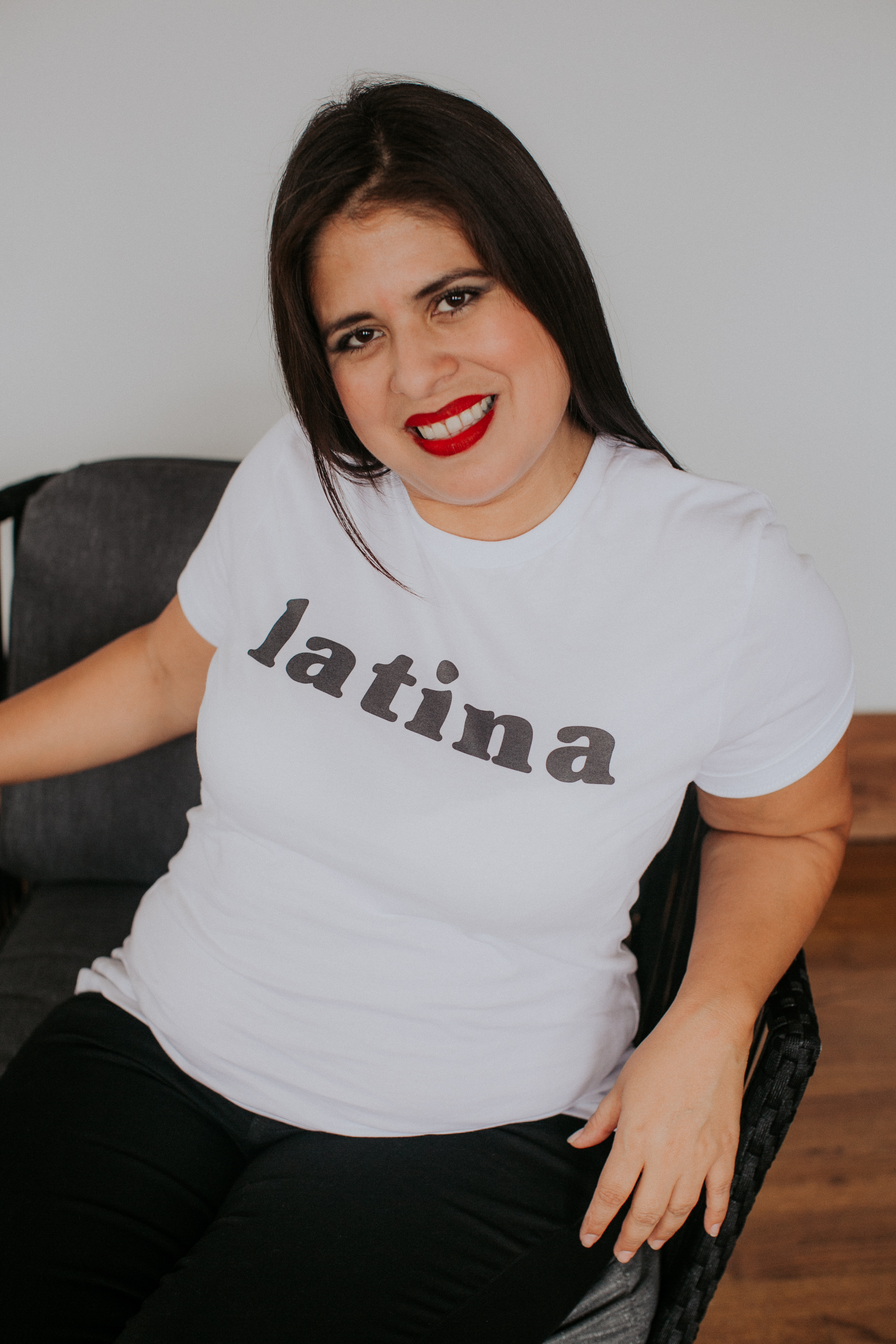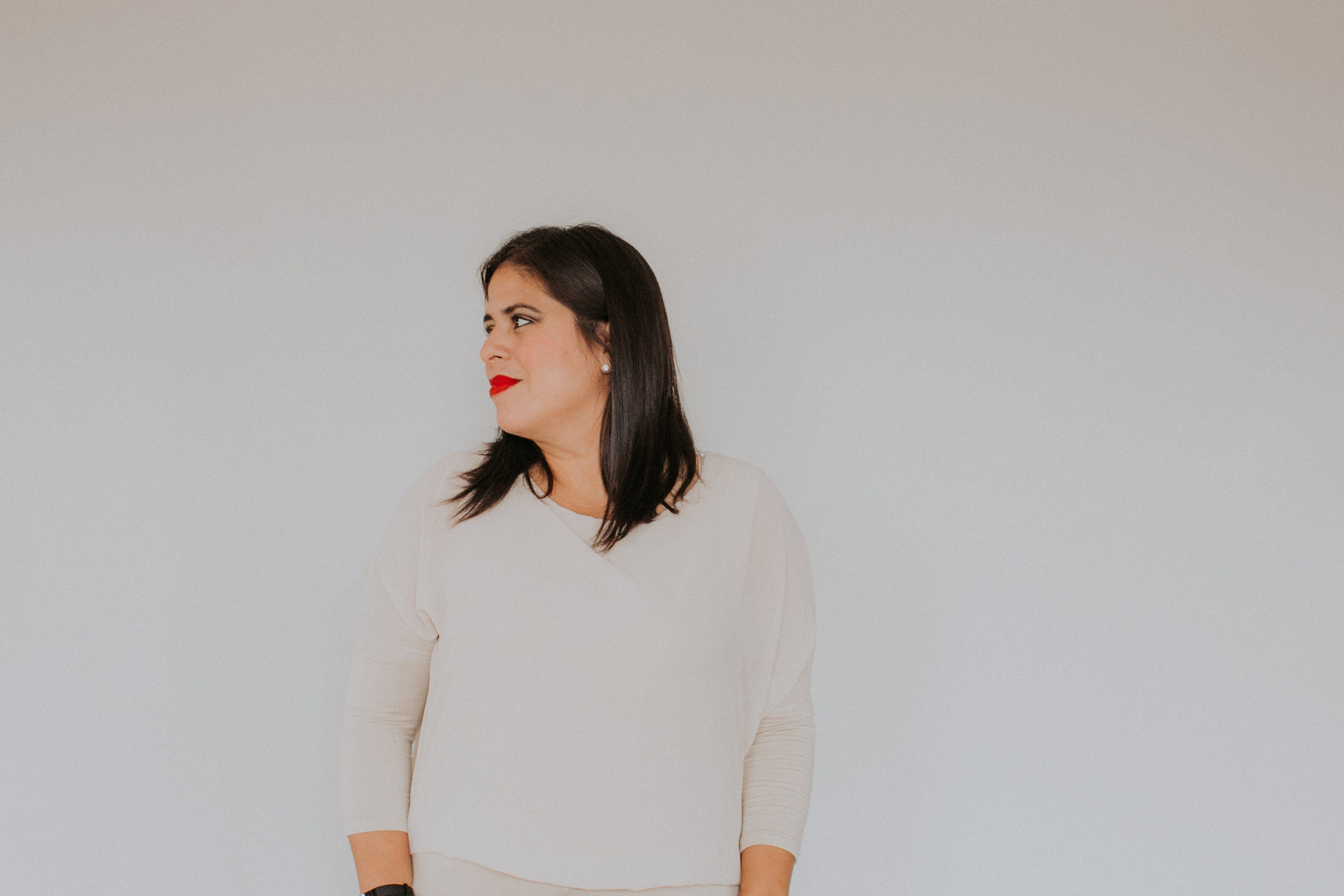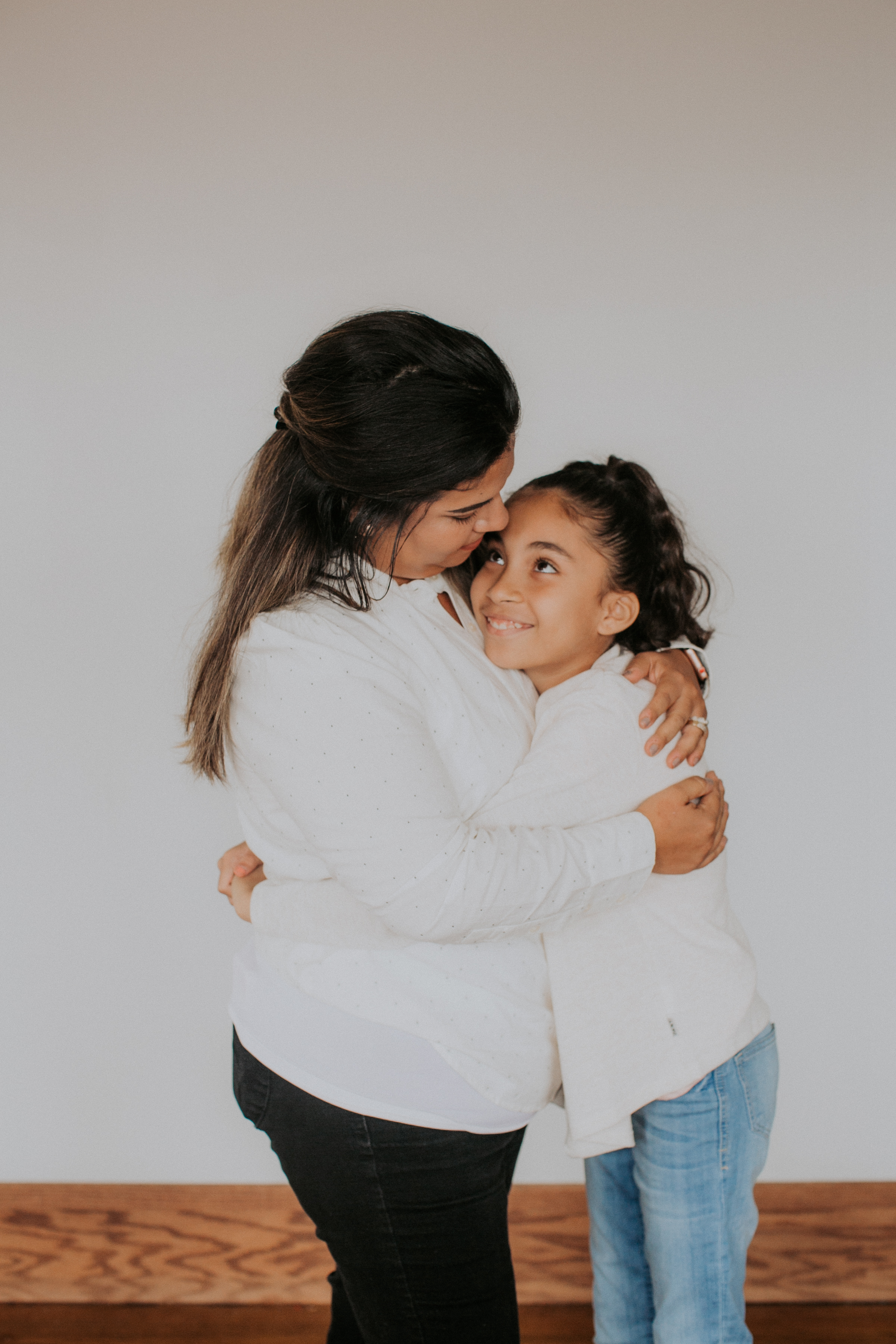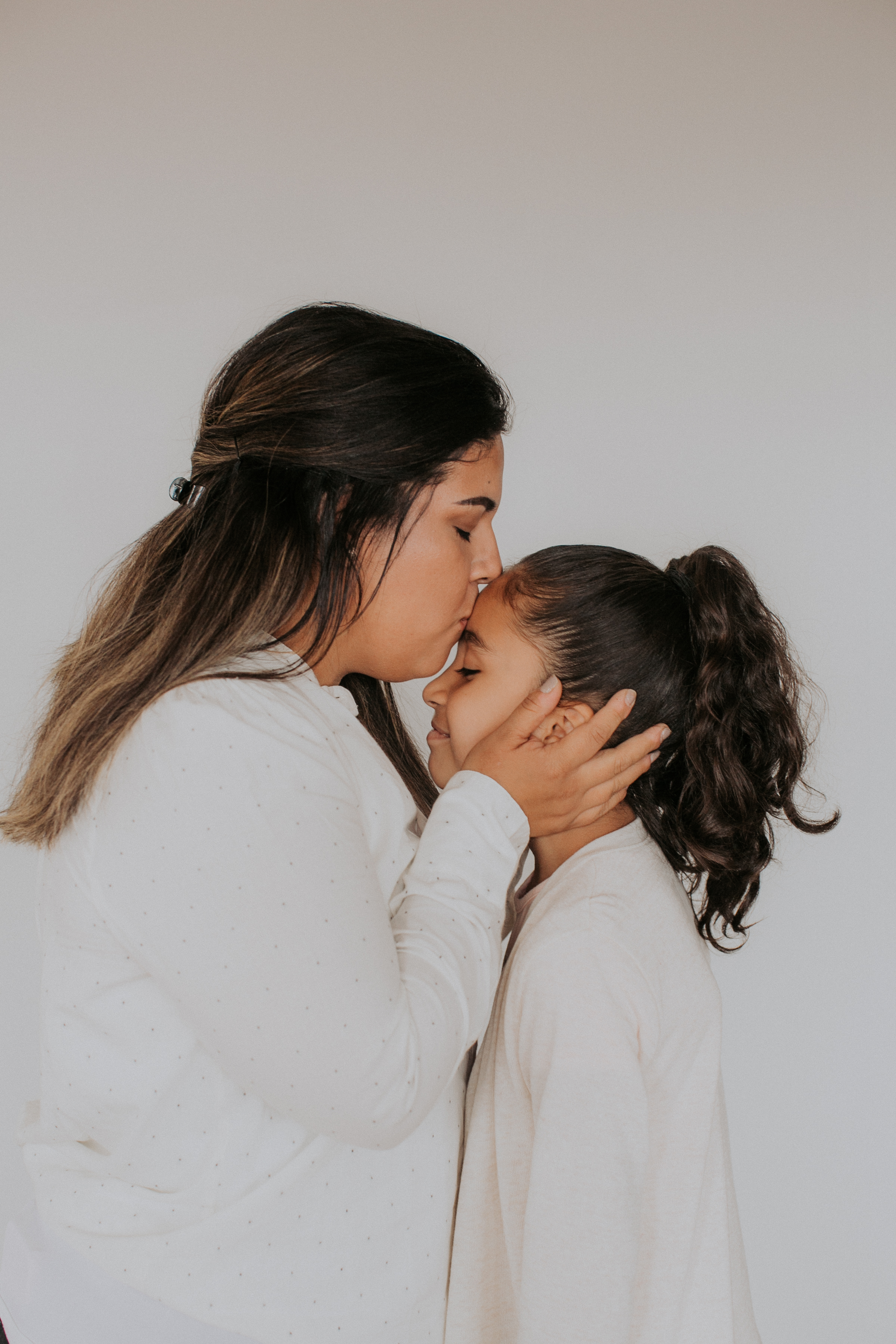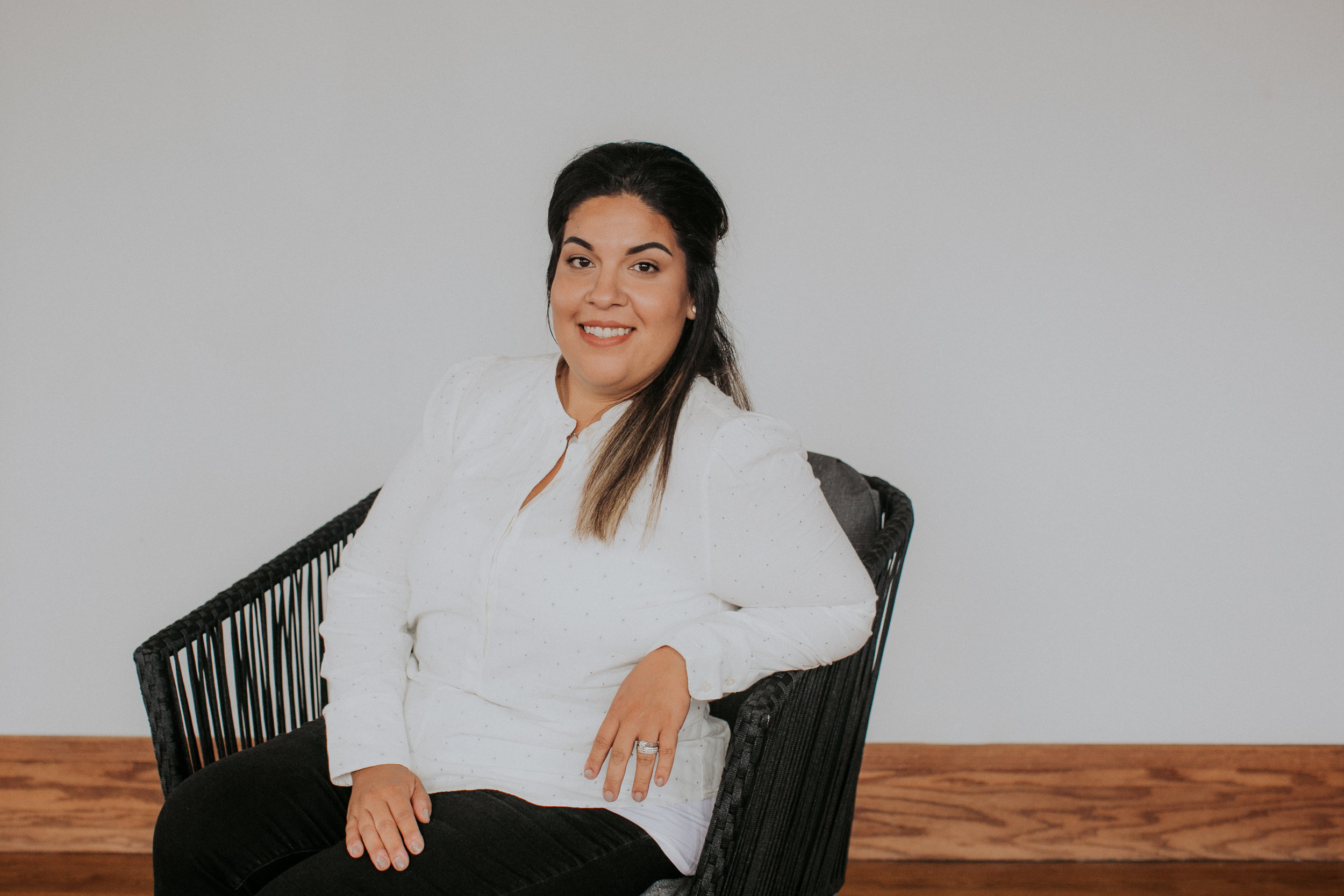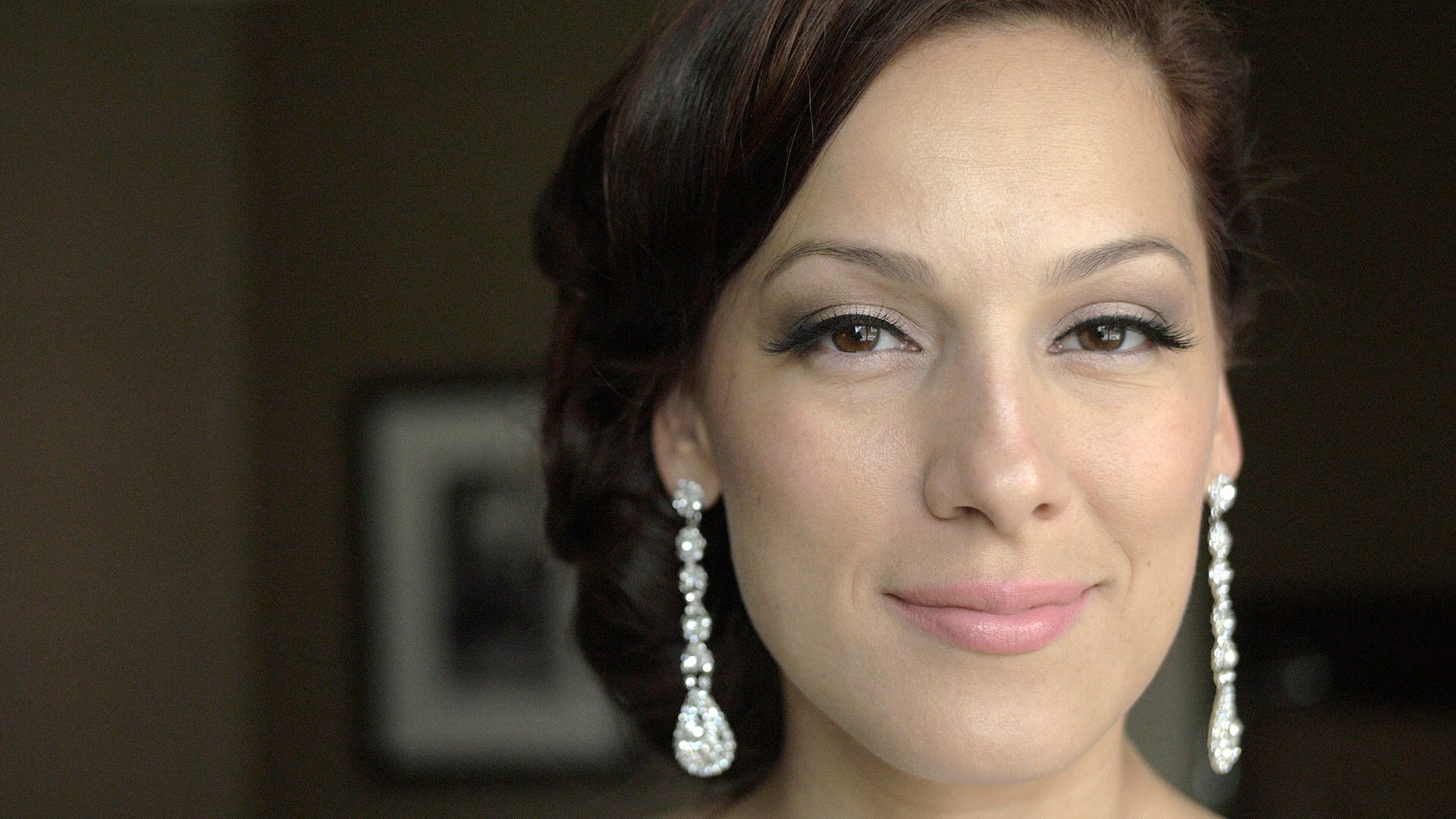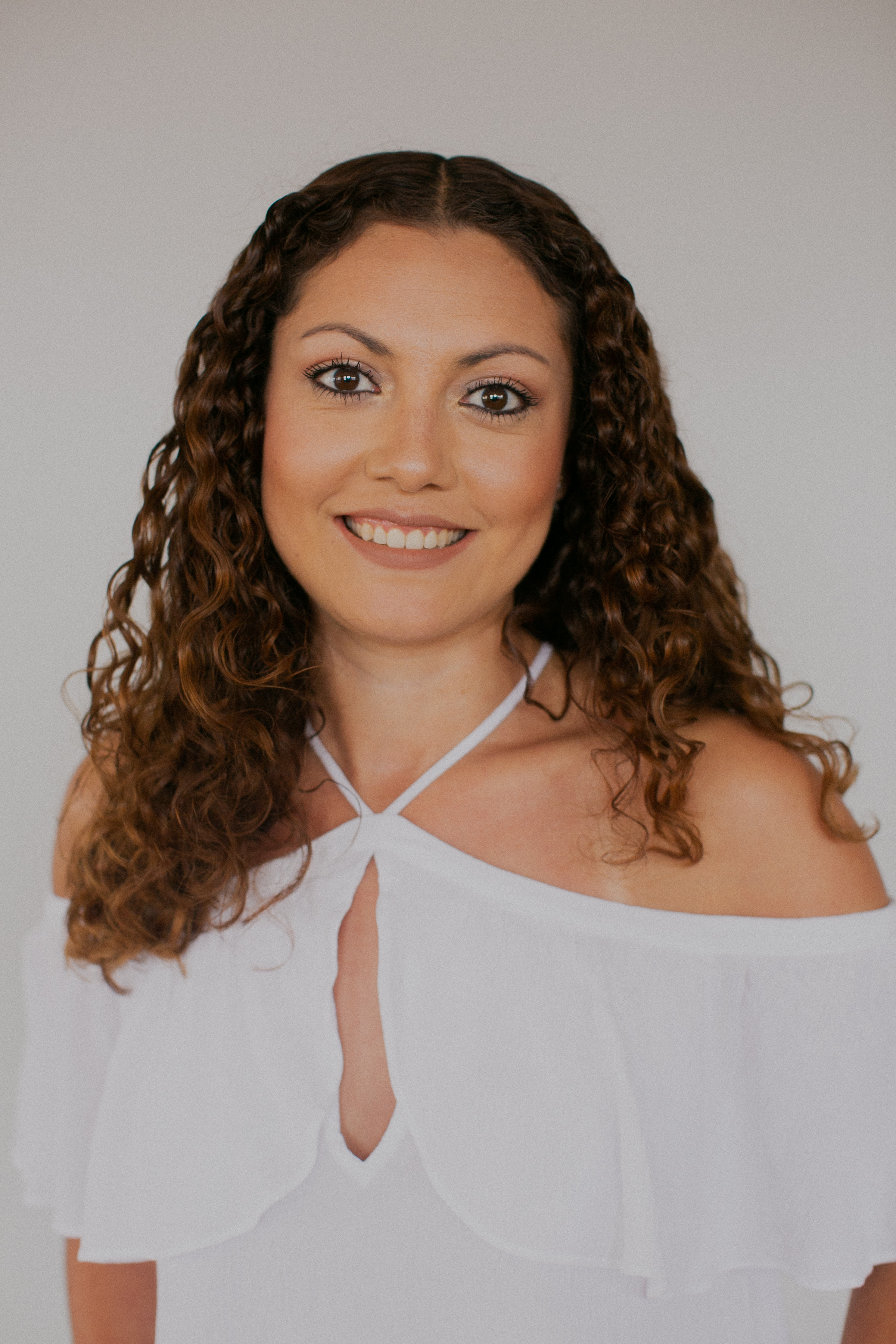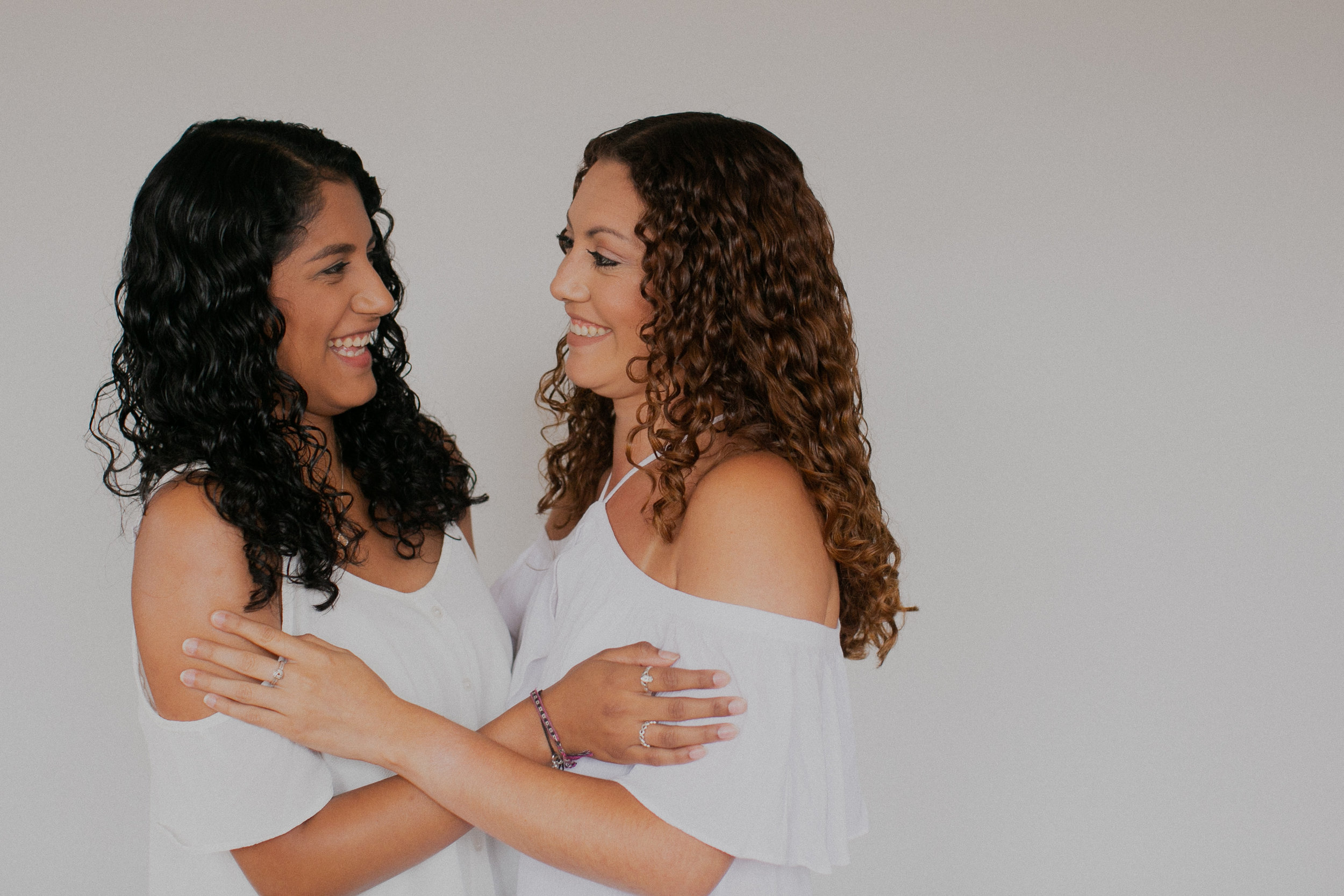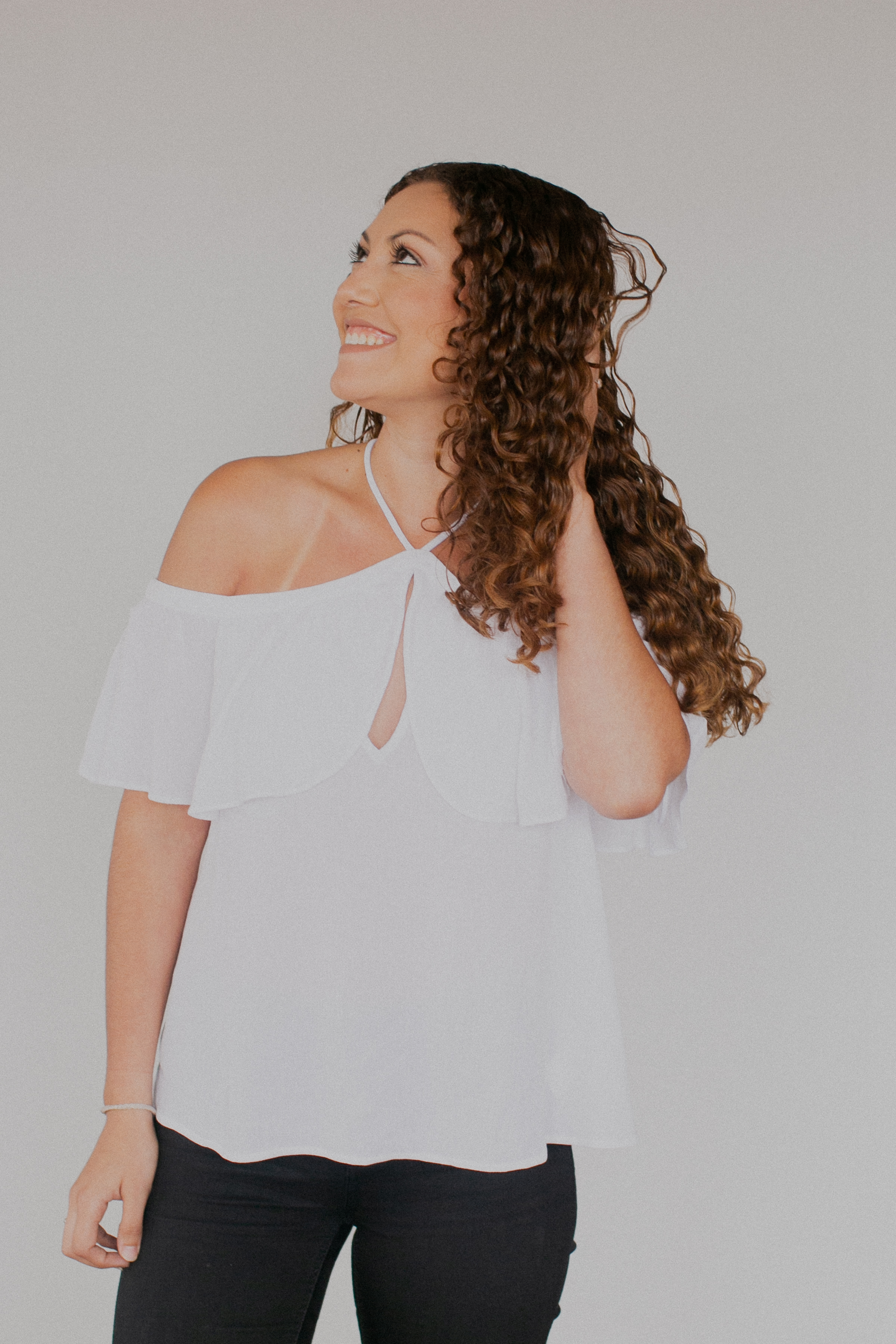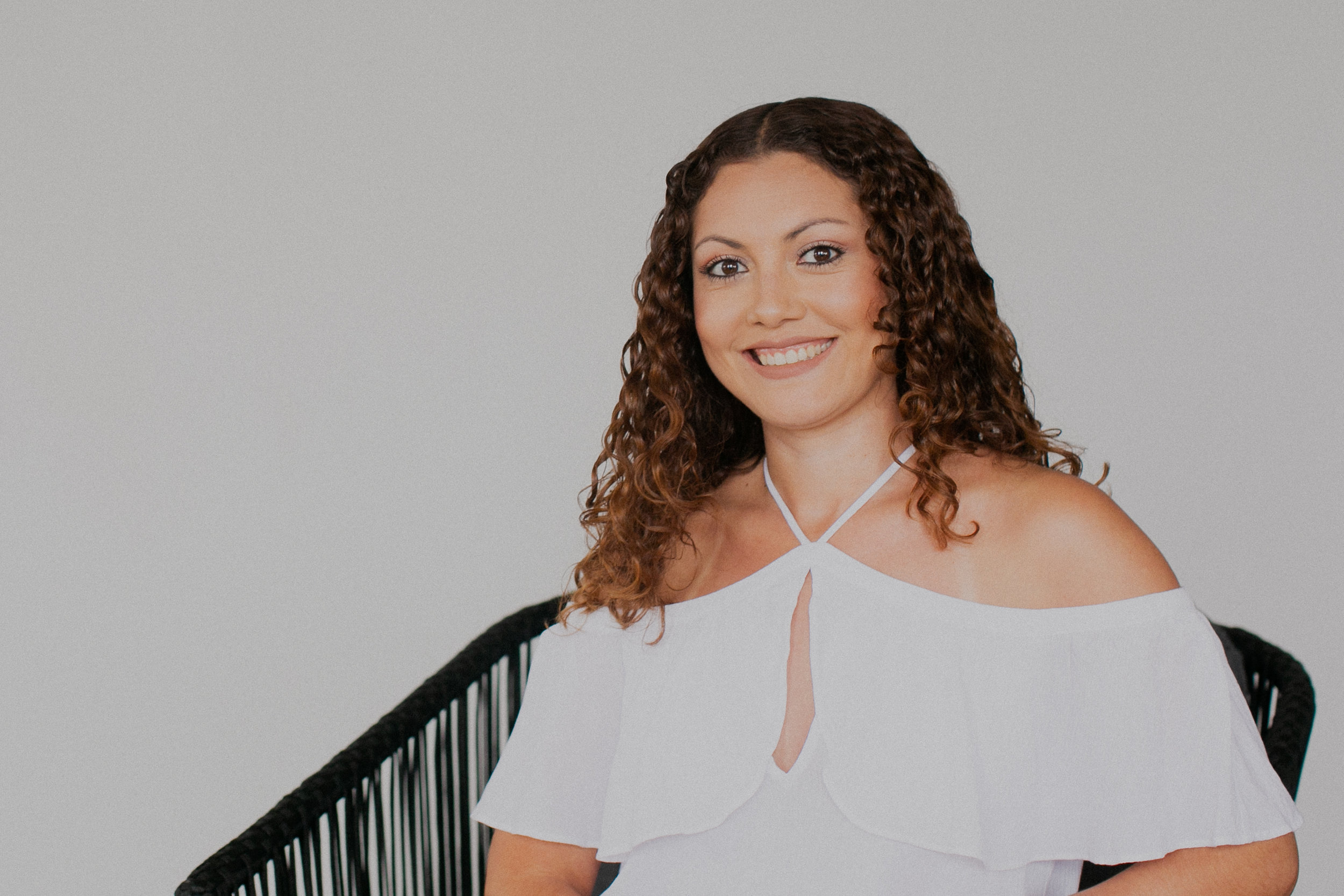What does being a Latina mean to you?
It means I am a woman filled with strength, courage and power. Yet gentle, loving and nurturing. Someone who believes in fighting for what is right and standing up for yourself, especially in today’s time.
Share a struggle you have faced being a Latina.
I would definitely have to say the immigration process my family had to endure including my own during my early childhood and fear of the word, DEPORTATION.
Share something you love about being a Latina?
I love that I am able to embrace my heritage with such pride and admiration for it. I love our food, our history, our people, our music and art! I love that I am a woman who was raised by amazing Mexican women, specifically my mother and her mother, my Abuelita. I was taught to have old fashioned manners (something that seems to disappear more and more) and serve with hospitality and heart.... Especially with food, I love to cook and see my friends and family eat what I made with passion and love from my hands and soul. They get to taste a little of who I am and what I carry from generations and generations ago.
What do you identify as? (Puerto Rican, Mexican, Salvadorian, etc.):
Mexicana but if we want to talk about specifics I am a VERY proud Jalisciense! Hecha de puro Jalisco!
Where you born in the states? If not, could you share what your experience has been being an immigrant, and the process of becoming a US citizen, resident, etc.
NO... I was born in Jalisco, Mexico.
I remember waking up at around 5 am in the mornings to arrive early at the long line of the immigration office, even with the rough winter weather we deal with here in Chicago. My mother and I received our legal US residency before my dad did and my biggest fear was not knowing if my dad would get his papers and get deported. The conversations my parents had in case he would get his applications denied and get deported were gut- wrenching to me. We would all have to leave... Never would my parents allow us to be separated but I didn't want to leave the place I called and known as my home for literally almost my entire life and lose my close friends. I didn't know what the schools were like in Mexico. I was only a little girl and knowing my parents came and stayed in the US to have a better education and chance of a greater life for me and my younger sisters, I didn't want any of that to go to waste. Thankfully, what at times seemed impossible with a lot of prayer and a LOT of fasting in my very early stages of being a born again Christian, God turned it around for my family and my Papi received his "papeles", his legal US residency. It is one of my most powerful personal testimonies.
How have you been able to celebrate and honor your American nationality, while embracing your heritage and culture?:
Being a 1st generation immigrant, I do not really recognize myself of "American nationality". I have a dual citizenship and very proud to hold that. I never ever forget where I come from but I never ever forget the recognition I have for this country. I am a college graduate, with a Puerto Rican husband I met here in America, with about to be a total of 4 beautiful American born sons. I am very grateful for that. I get to teach my children to admire not just my culture, but their father's PR culture and the history of the land they were born in.
Do you speak Spanish? Yes, fluently.
Have you experienced colorism, or not being fully accepted by your community? Like you're too dark, or too white, etc.
Oh yes, for being tall and fair skinned with big curly hair, I get the, “You're Mexican???" type of reaction when a person finds out where I am from. I also received a lot of bullying for my hair as a child. Comments like, “Look at my hair, my hair is real!” from other kids or being called “Curly Monster” or making rumors that my hair was a wig, were kind of perplexing to me because I grew up Pilsen, a Chicago neighborhood that is predominantly Hispanic. Where people all have different heights, skin color, hair textures and features, I thought we should have been more accepting of one another. So I remember there was a short period where I felt like I “fit in” more when my hair was straightened with a flat iron or wish I was 5’4 and under. Thankfully I have a mother who taught me to love myself for who I am and taught me to embrace being “ÚNICA” in my own ways. As far an experience in Mexico, I was told one time I was "Mexicana pero Norteada", which basically meant "American tainted" and I took such offense to that. I am so grateful for being a part of both nations and think it is a wonderful privilege!
Is there something else you'd like to say or add?:
Never be ashamed or embarrassed of who you are or where you come from. There were times I felt a little to some embarrassment for being a girl that was too tall, had curly hair (funny fact: my hair took a good amount of space in my second grade school picture) and even for having a name that still to this day, does not get pronounced right! But I have learned to love myself for me, for God made me who I am as He pleased and saw fit. He made no mistakes with me and that is my biggest hope for all girls of all ethnicities to feel about themselves.




